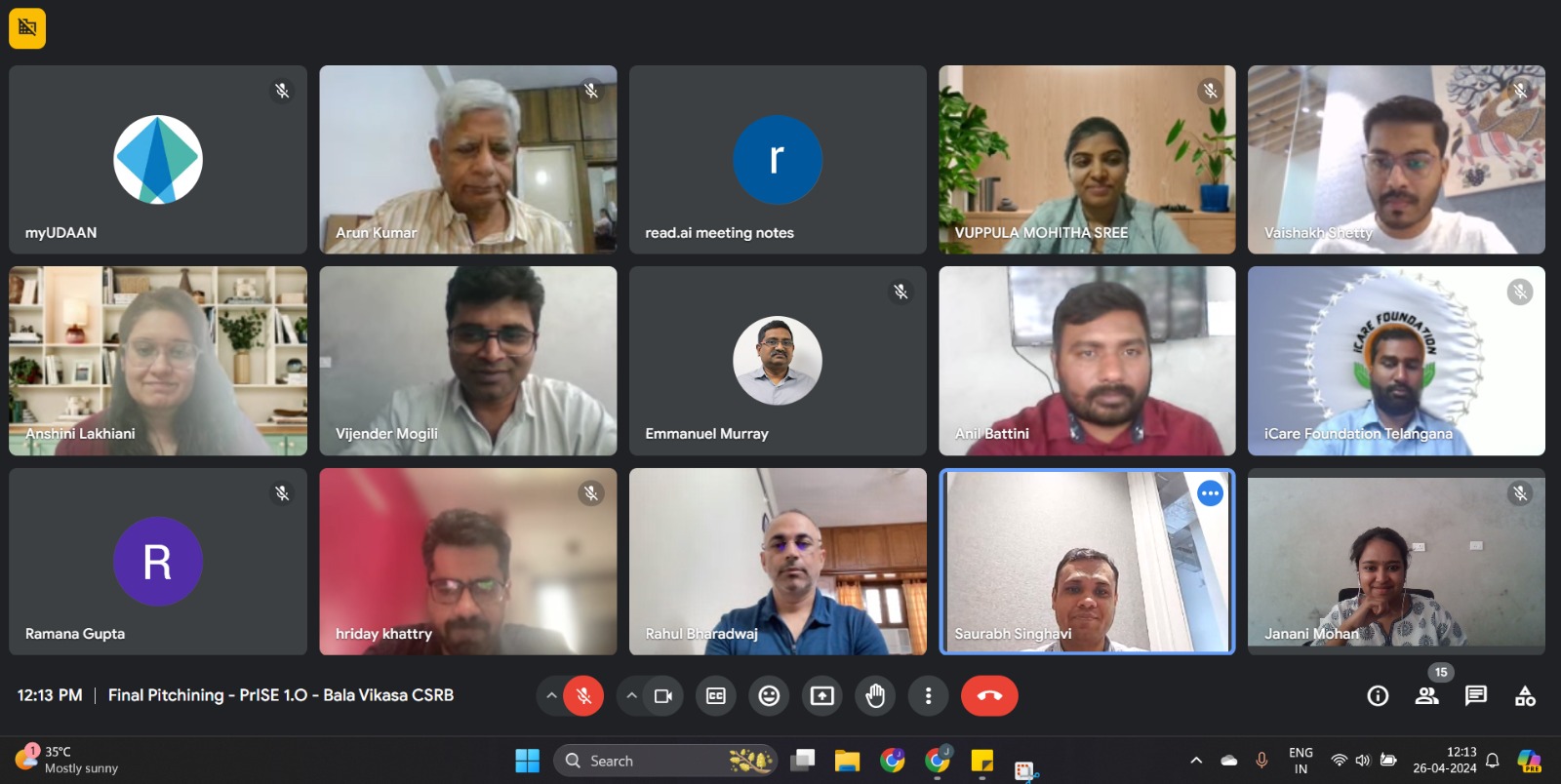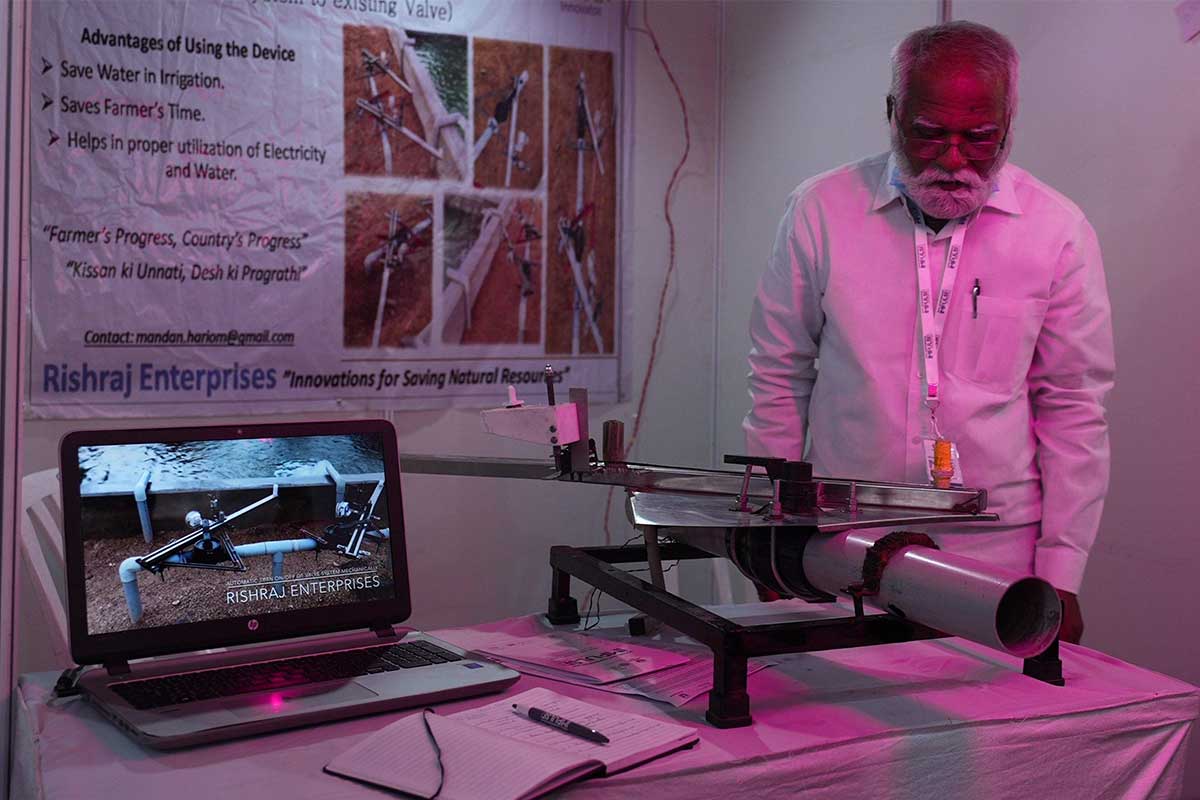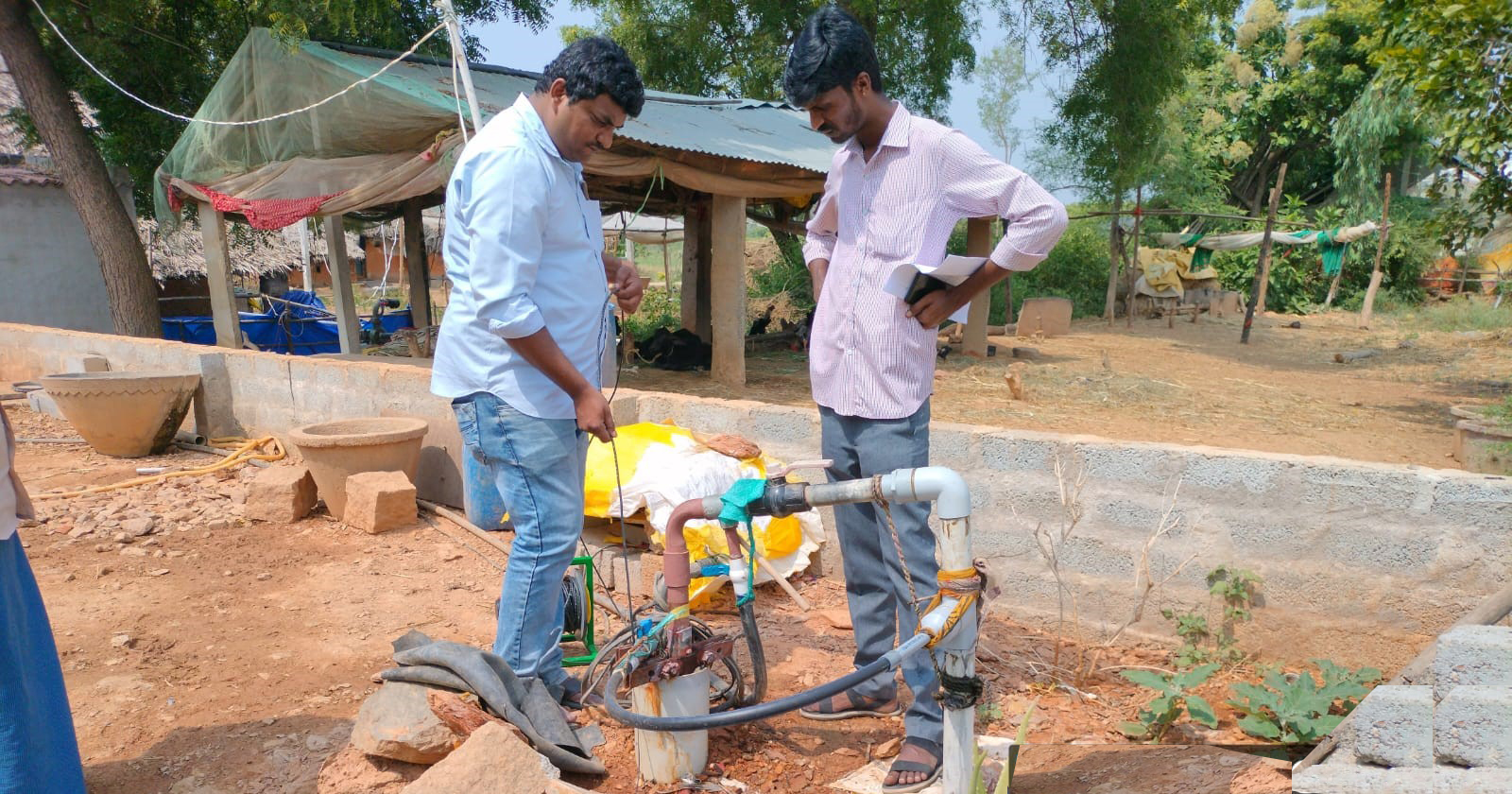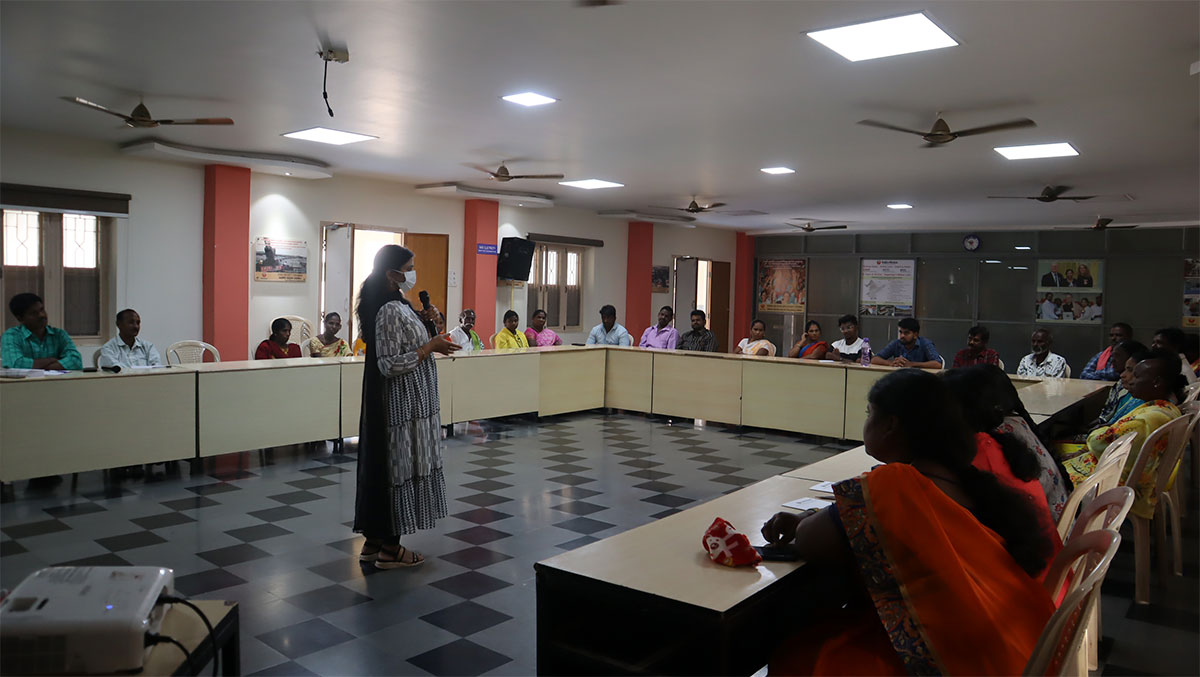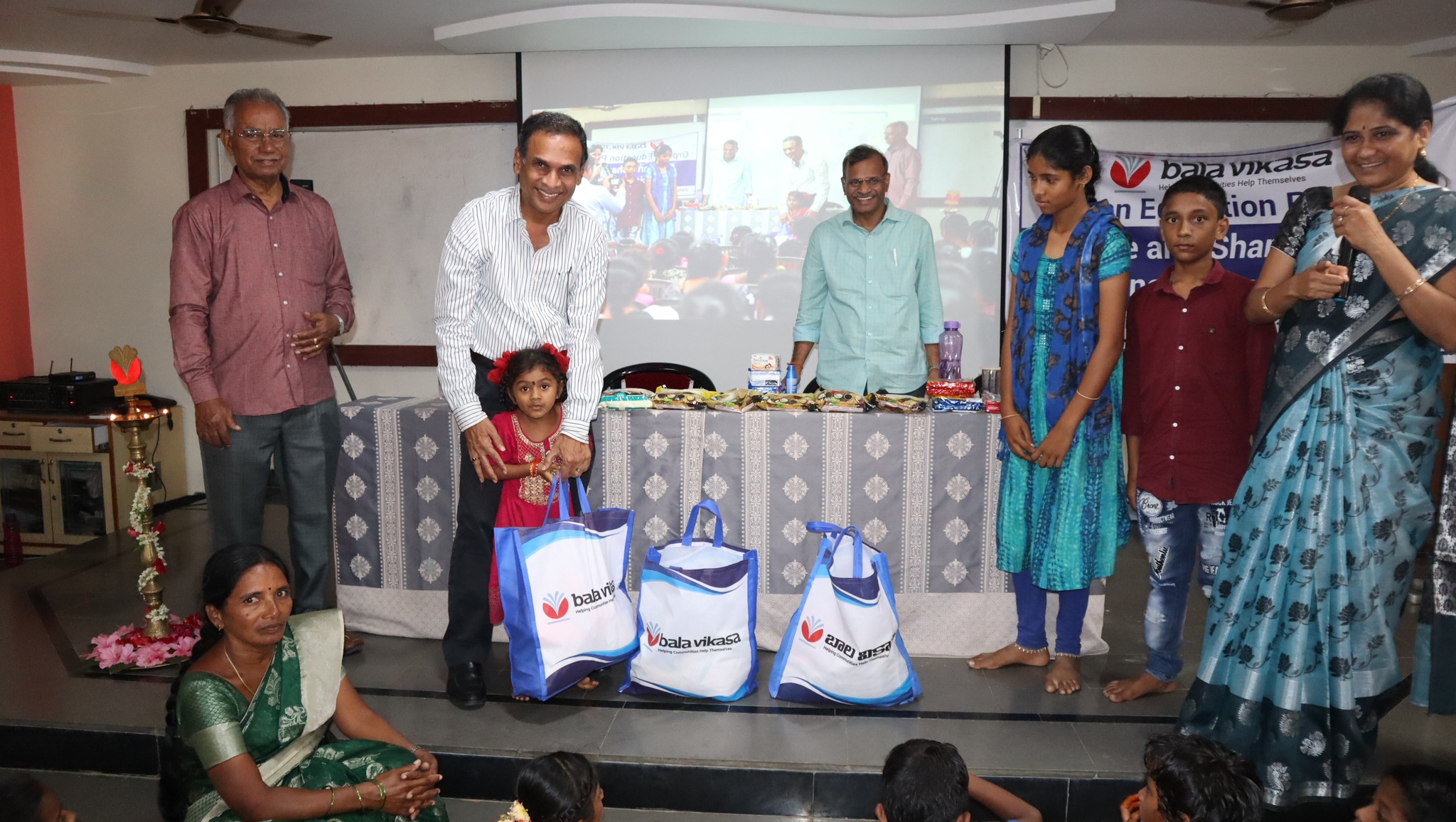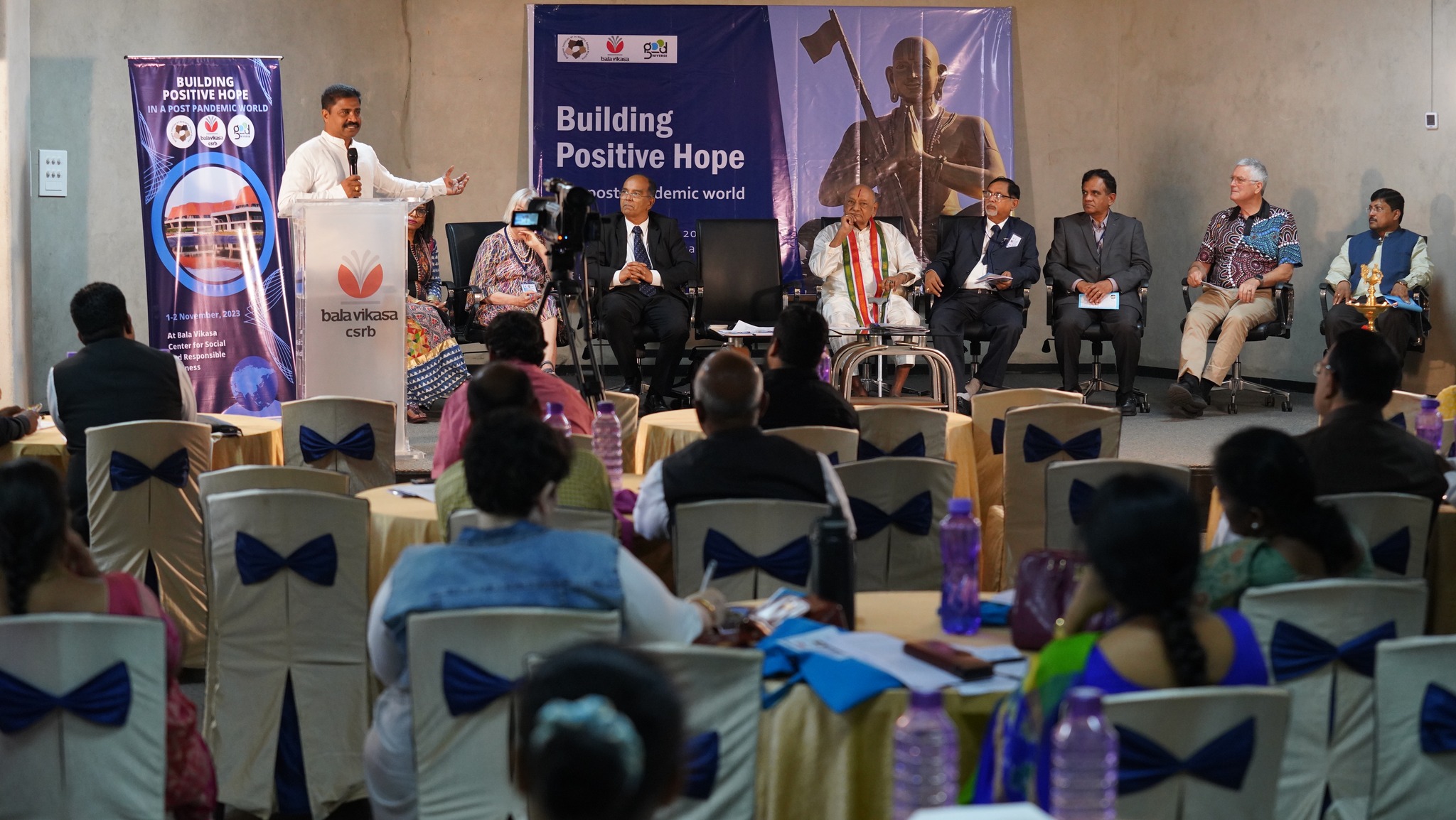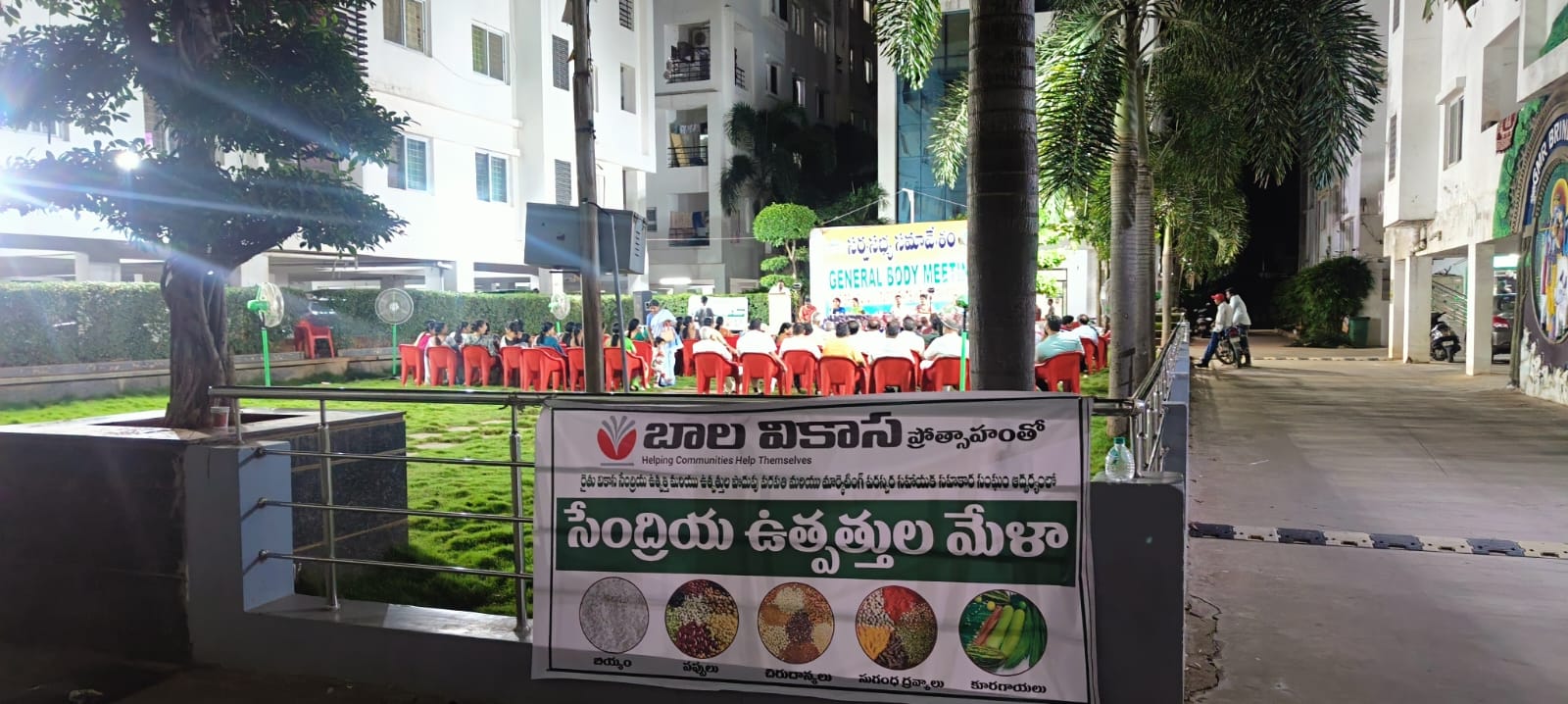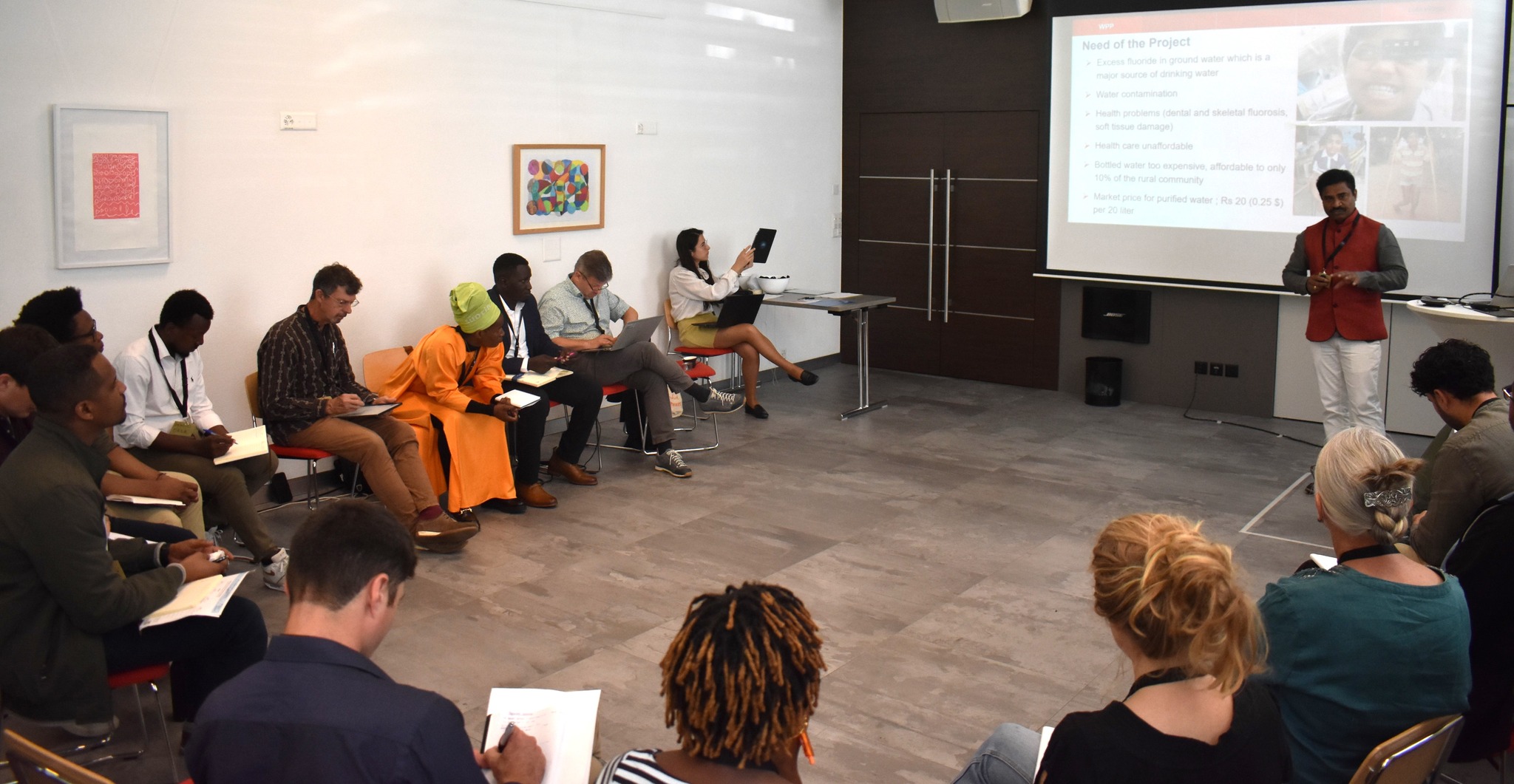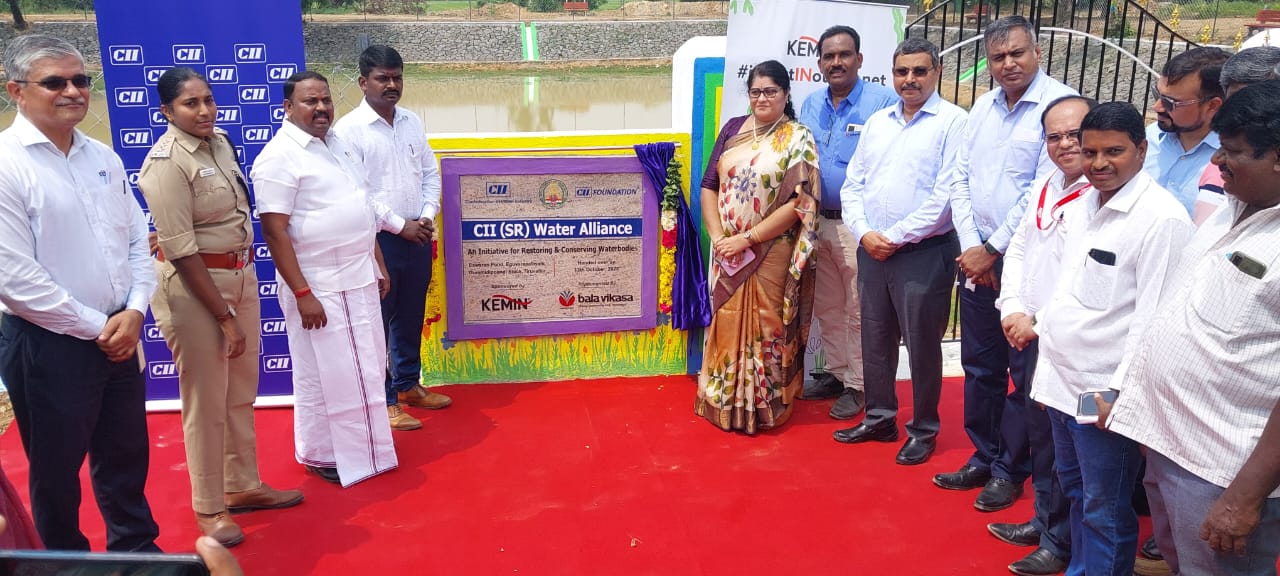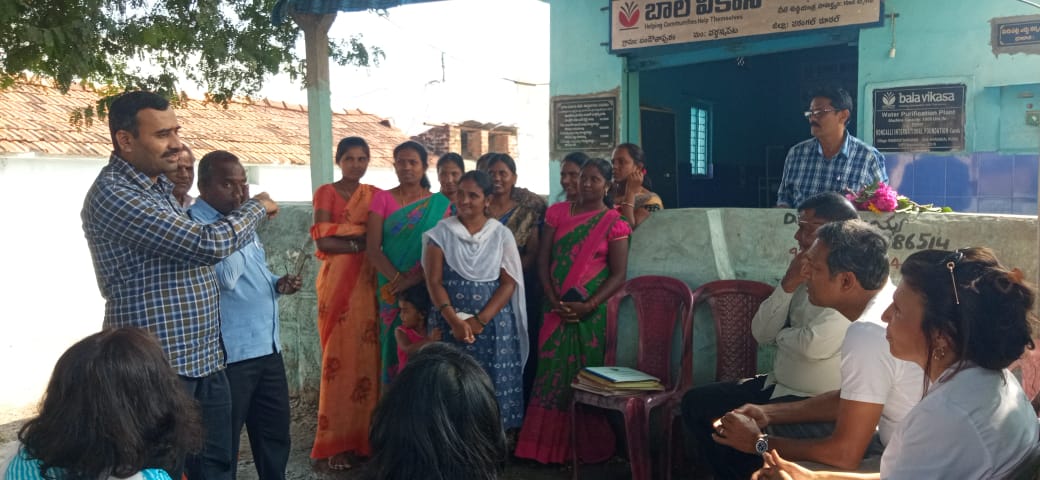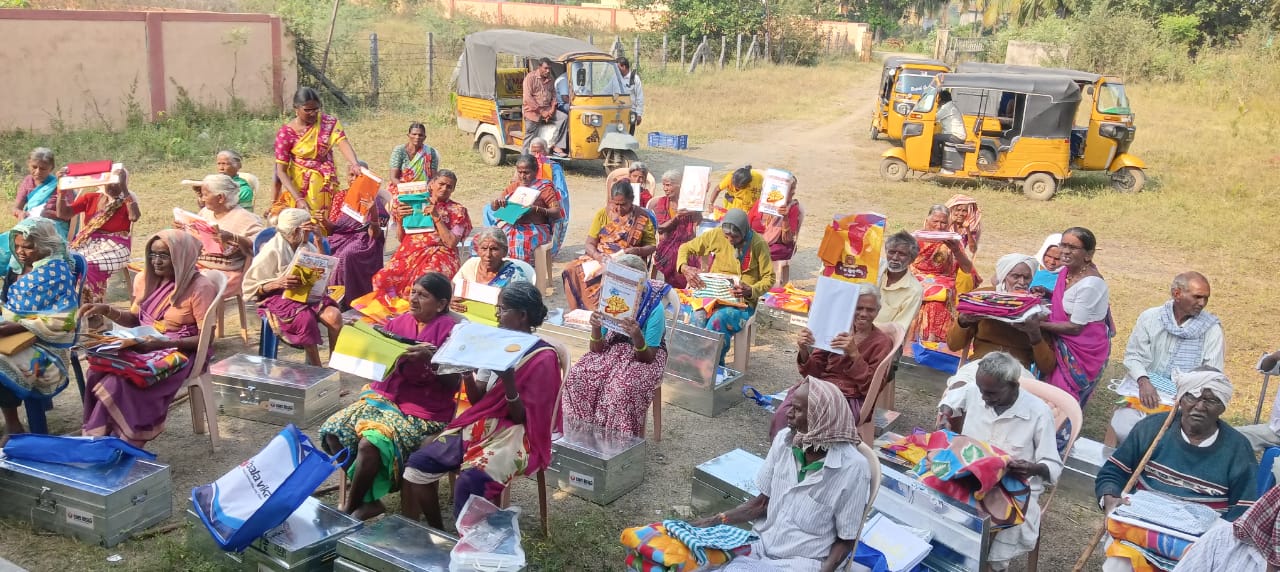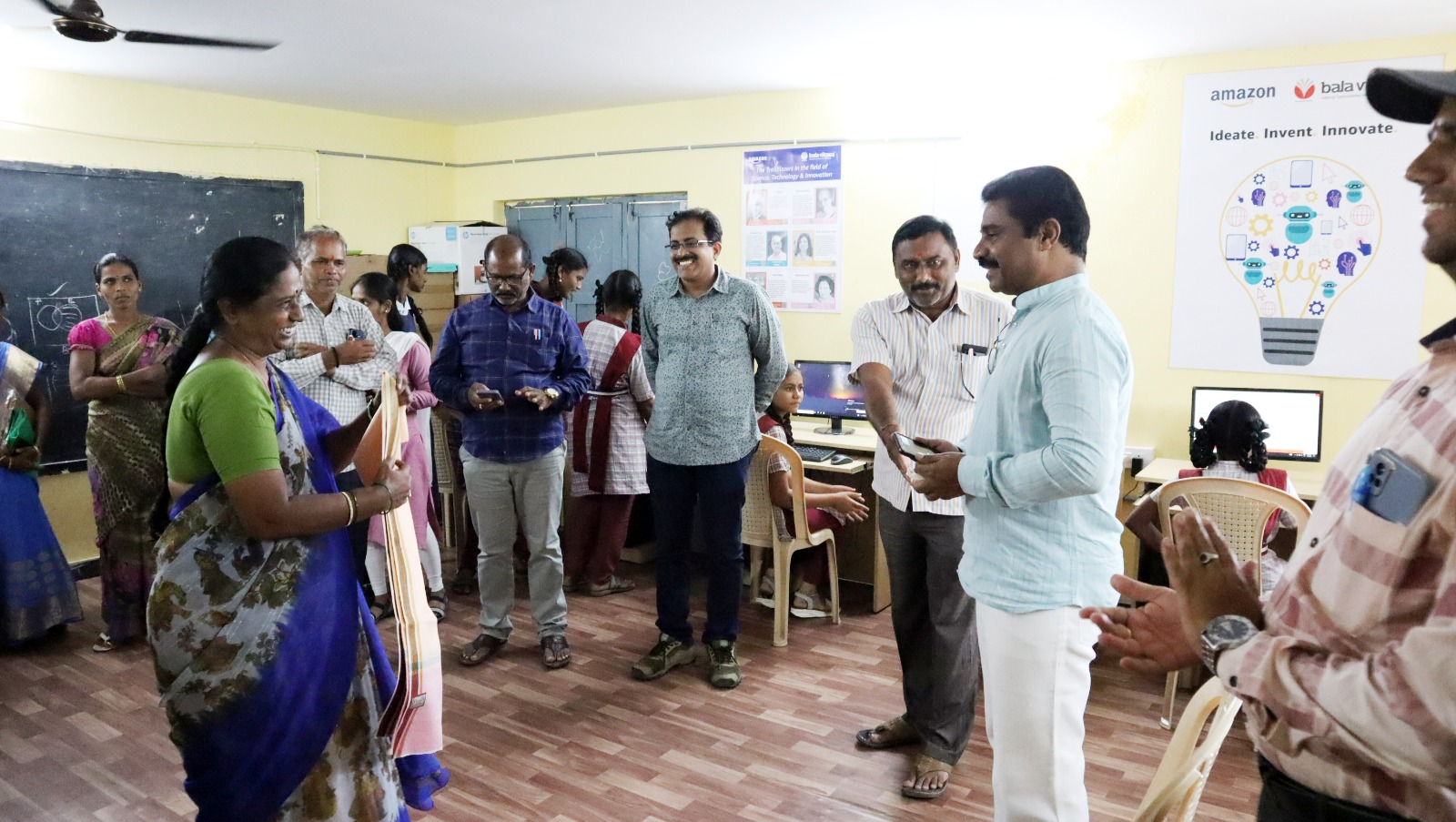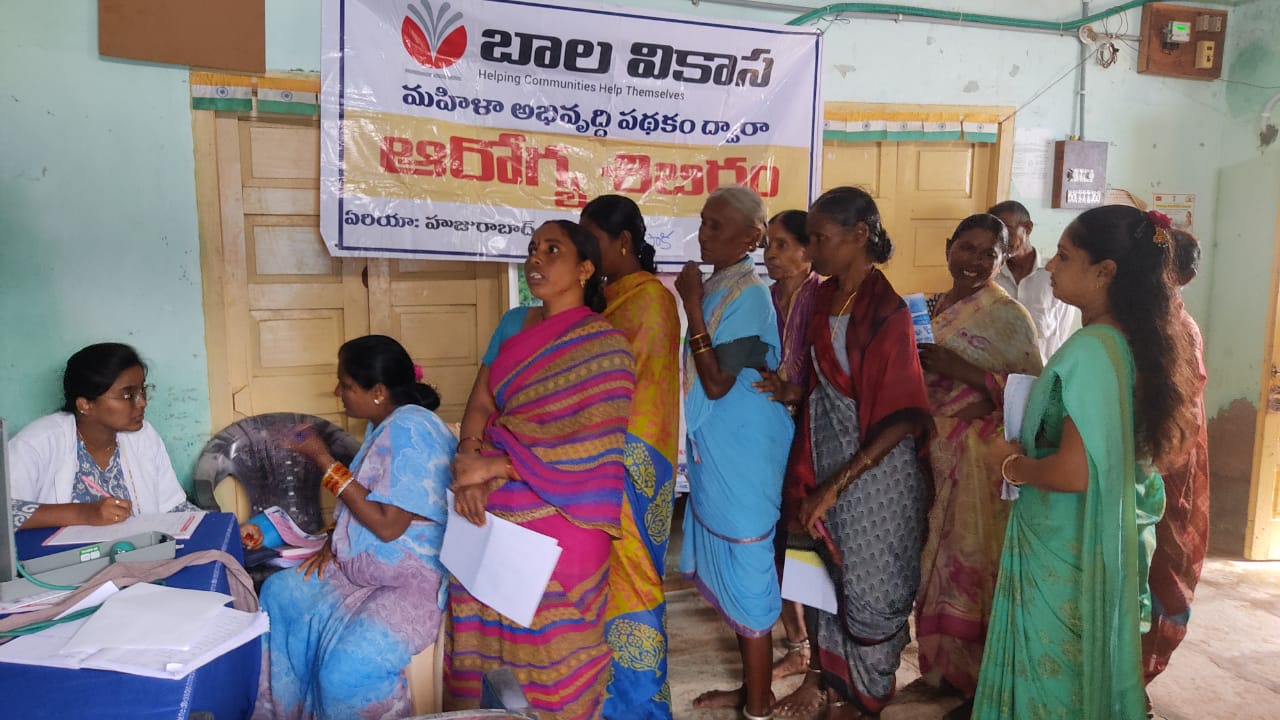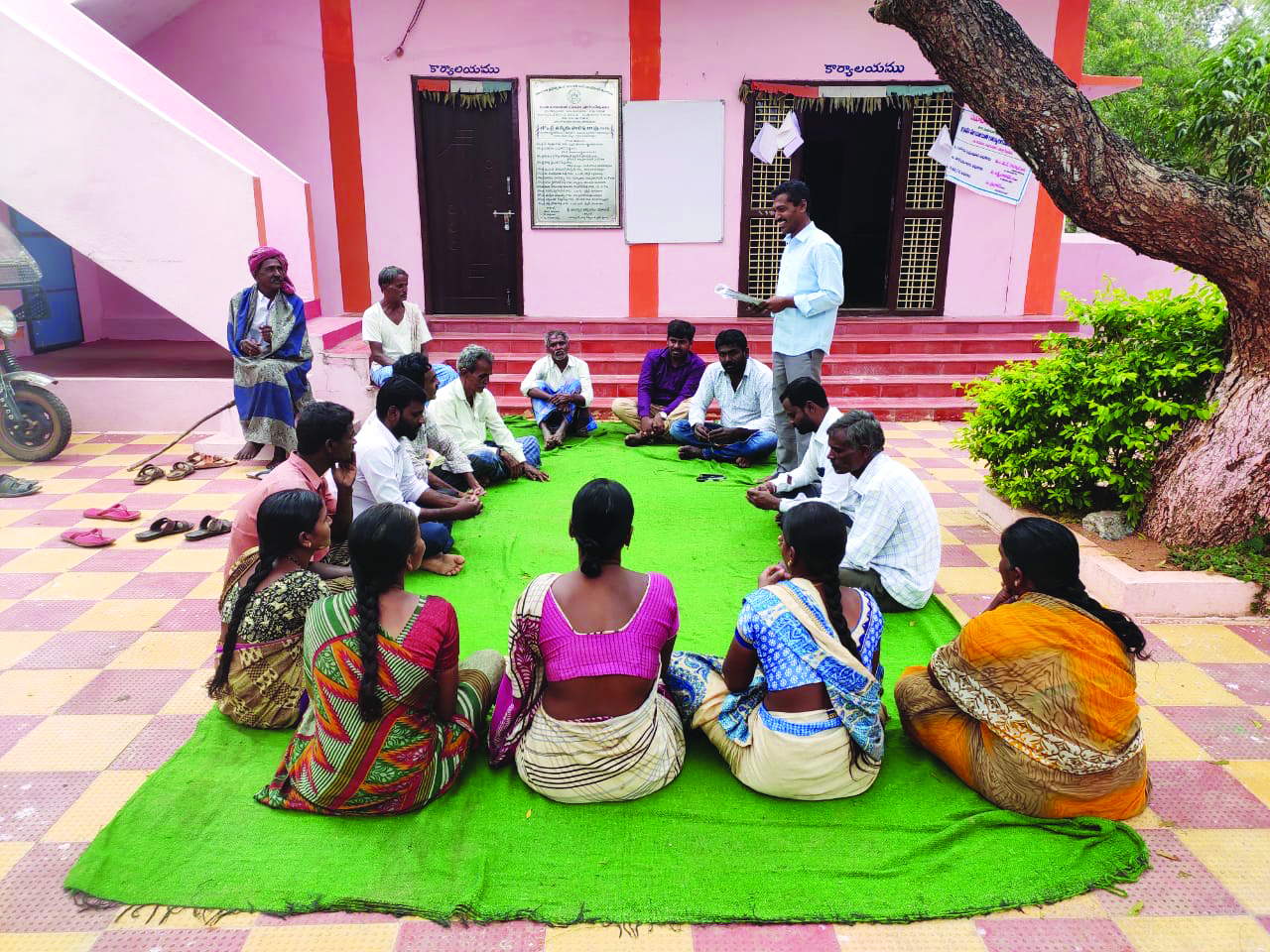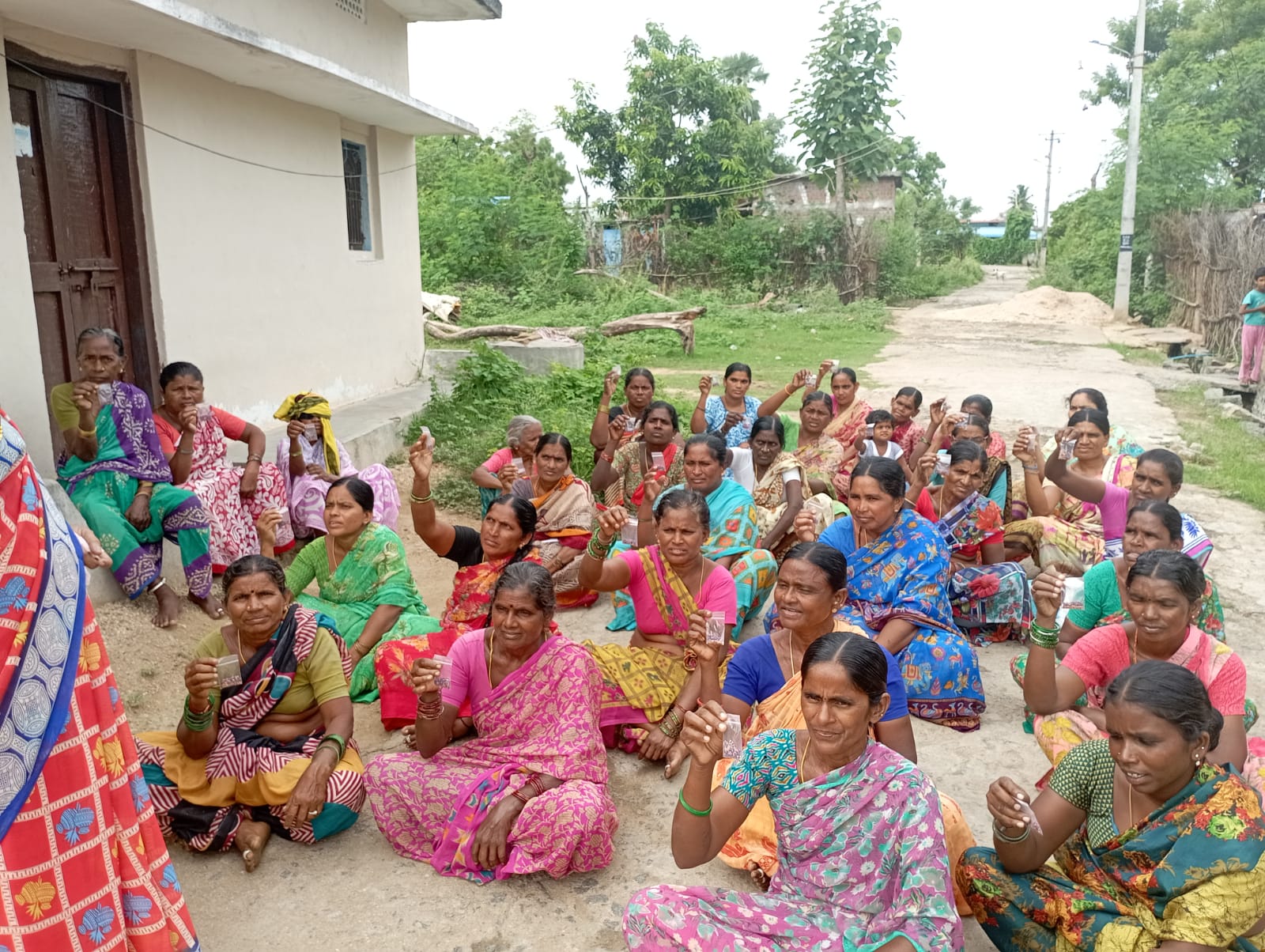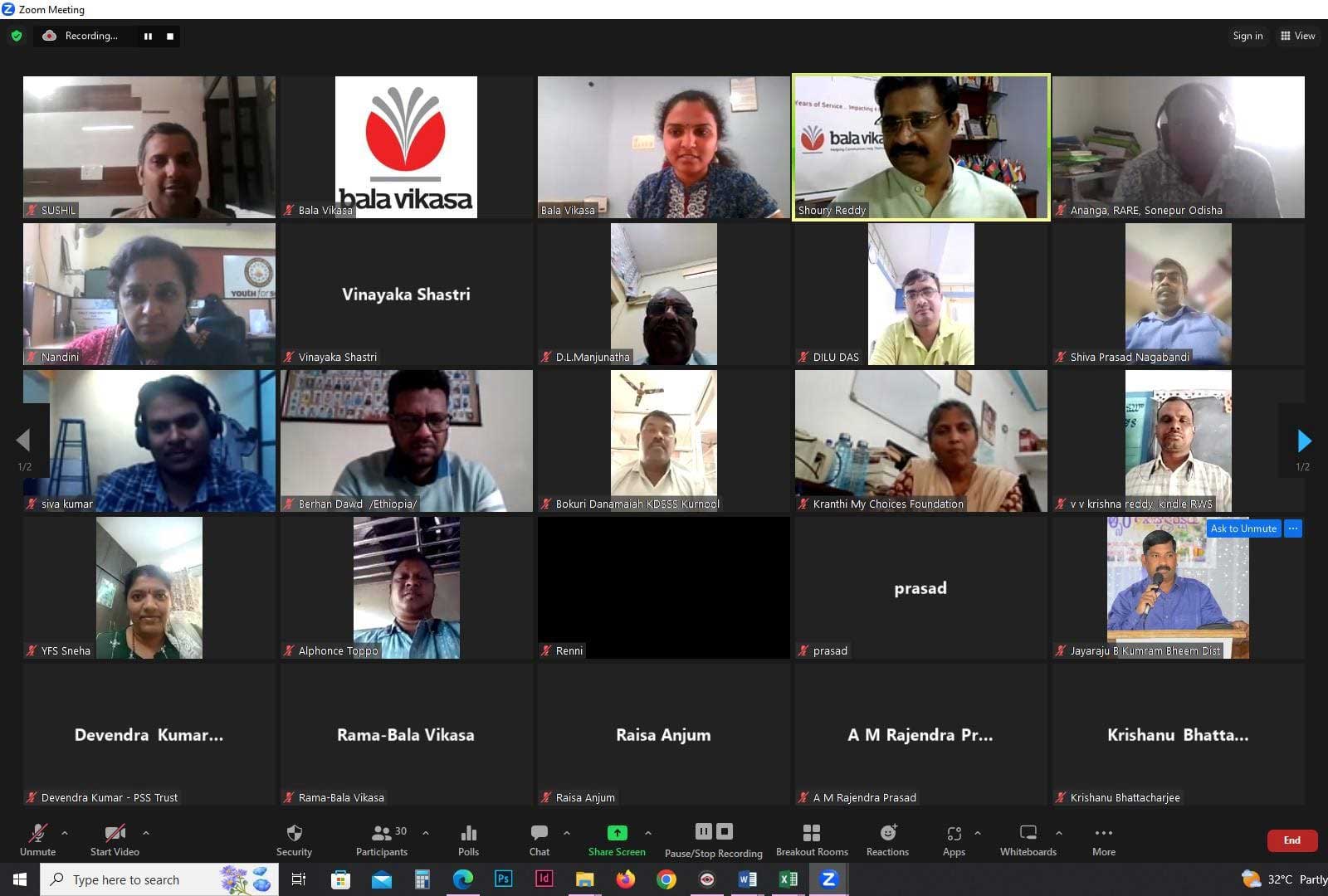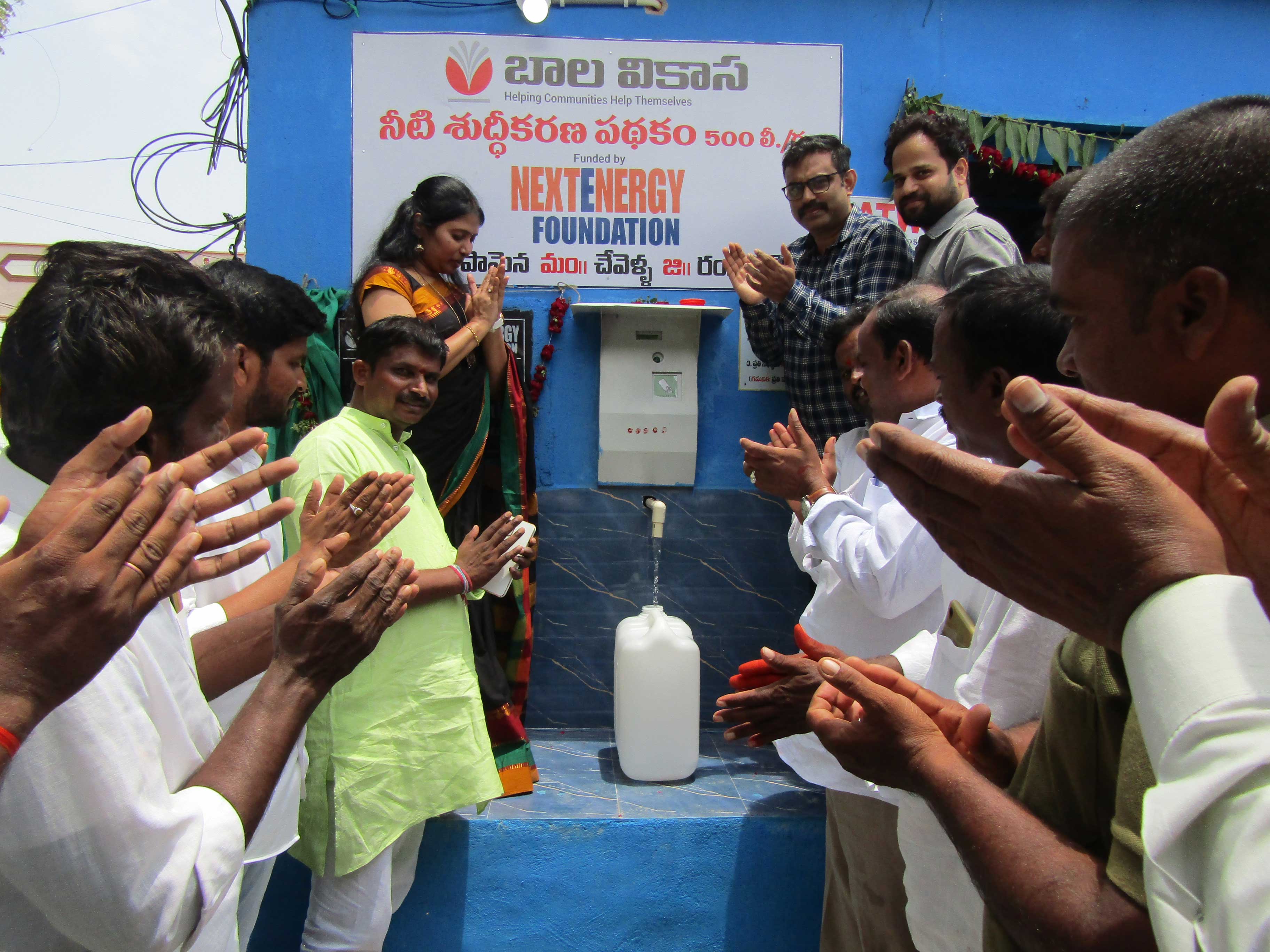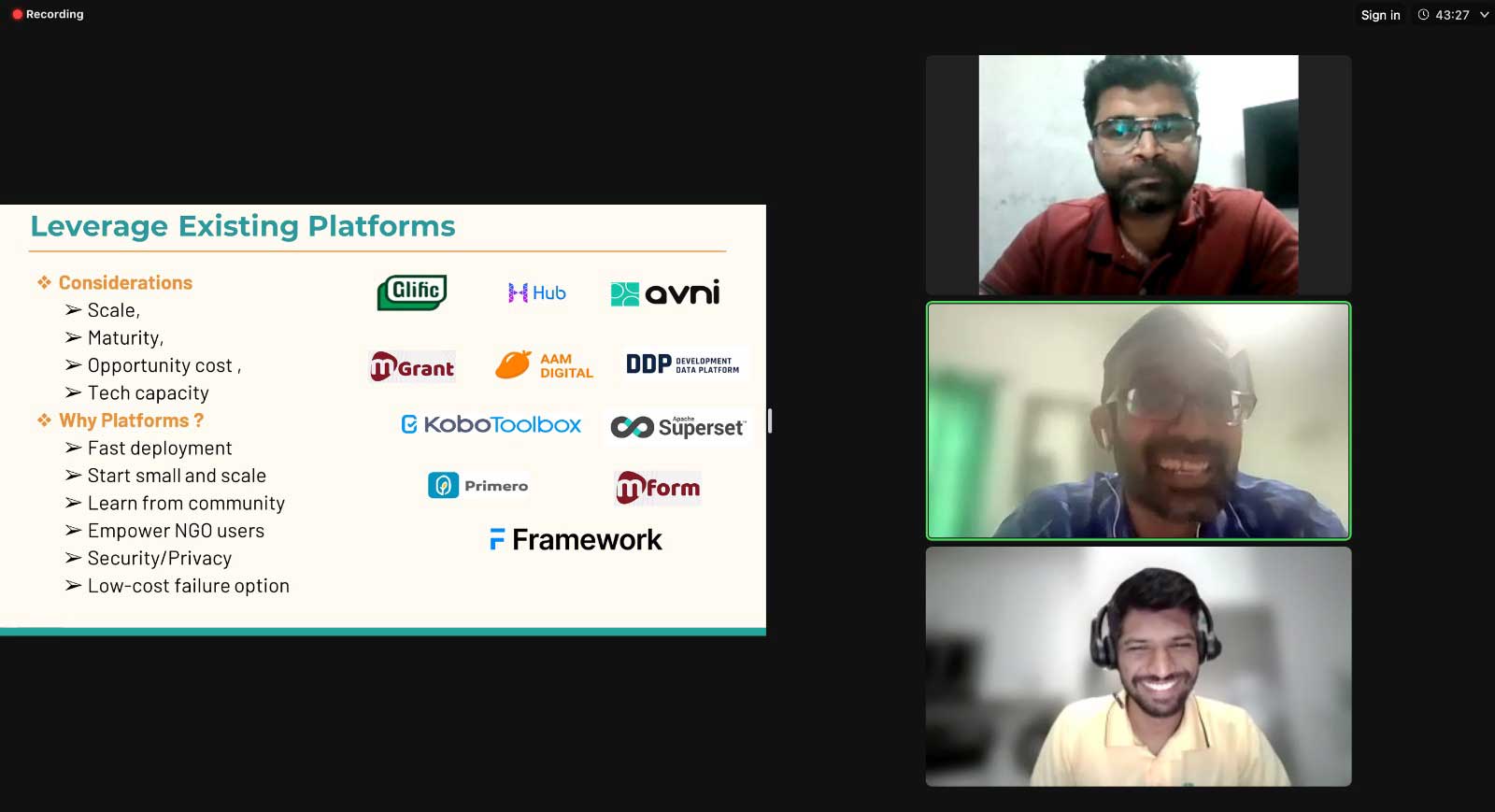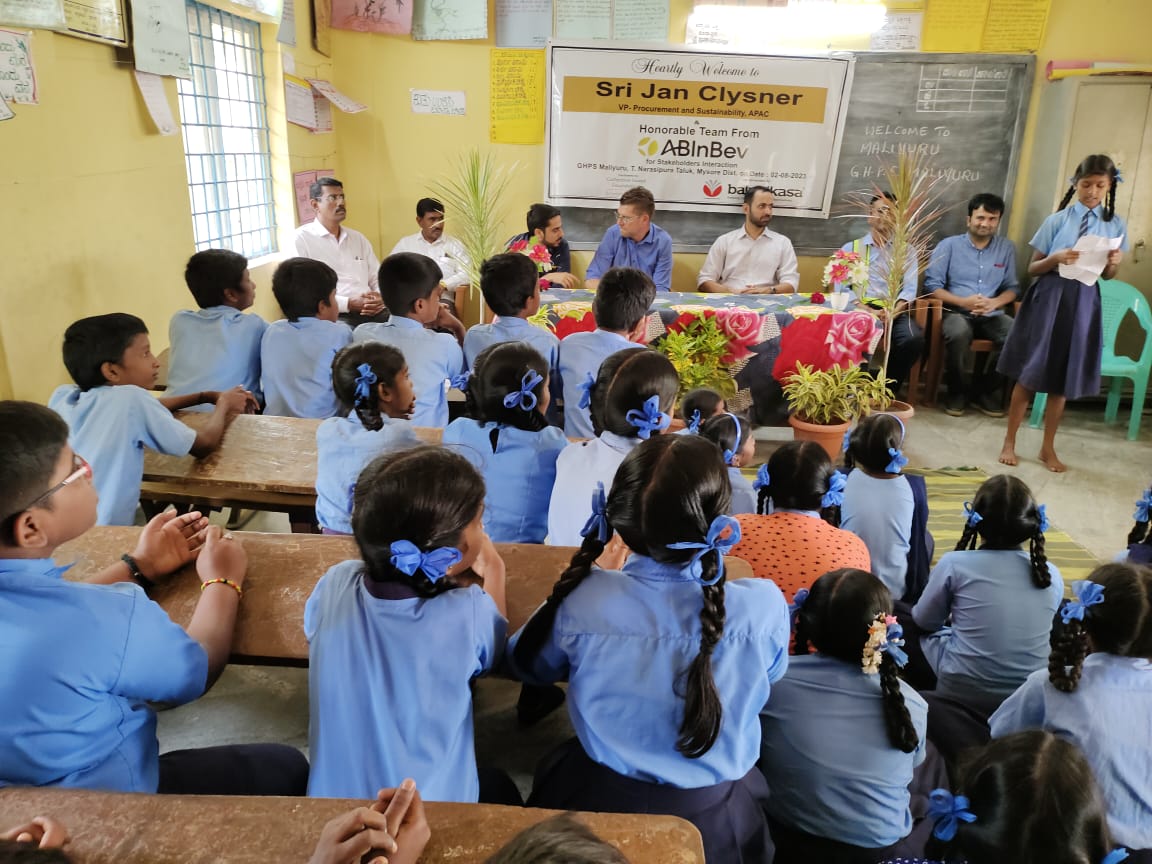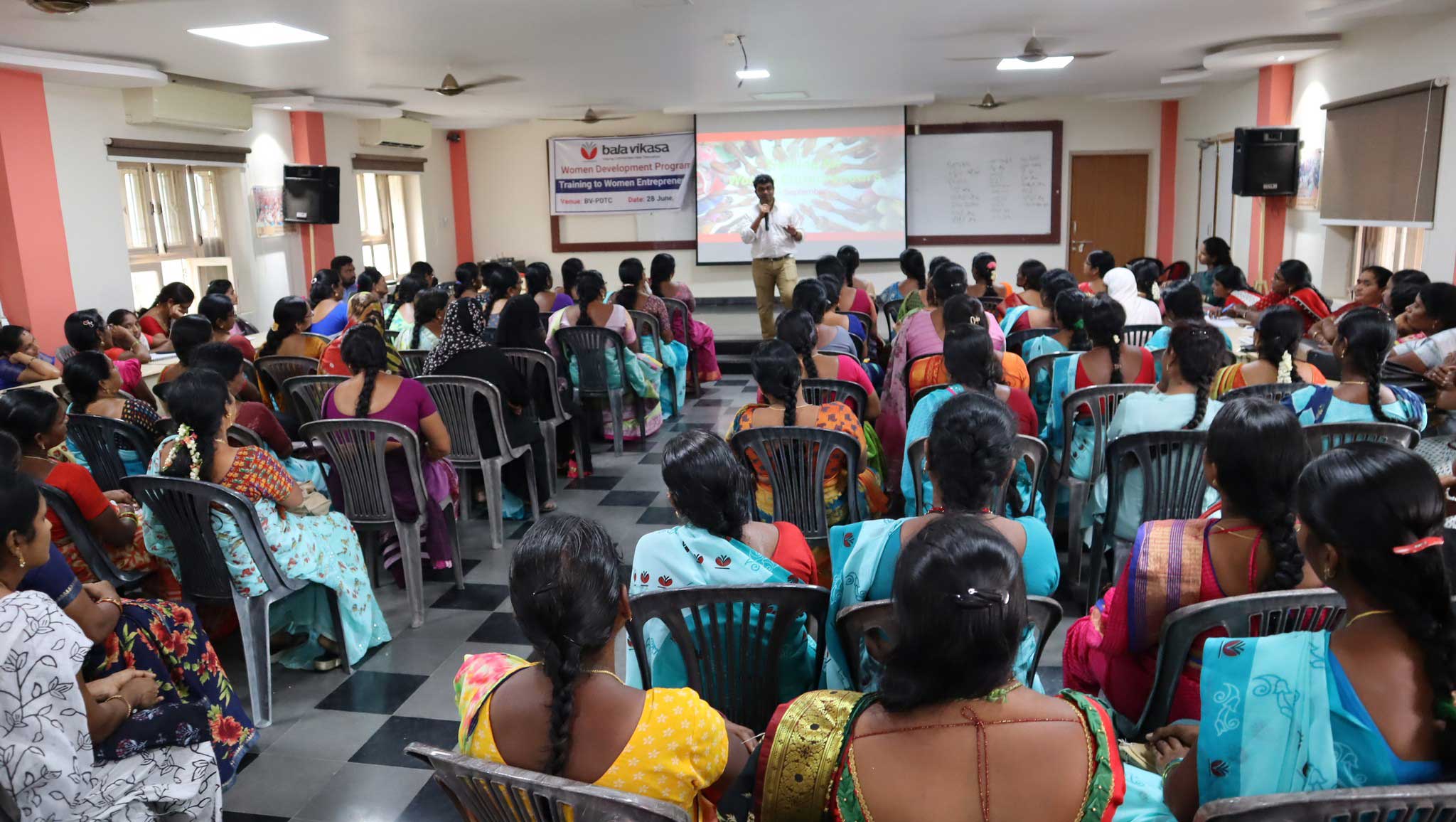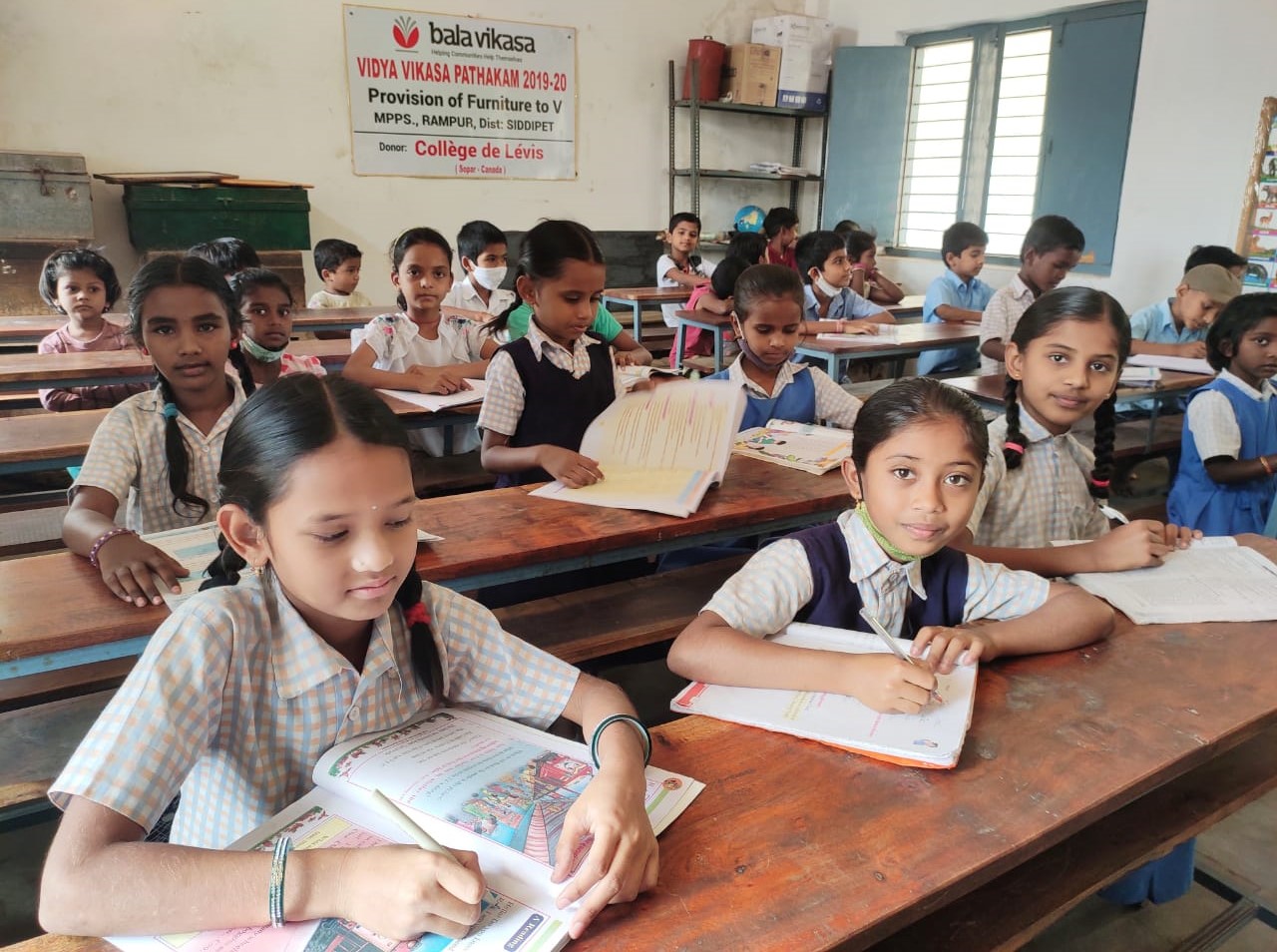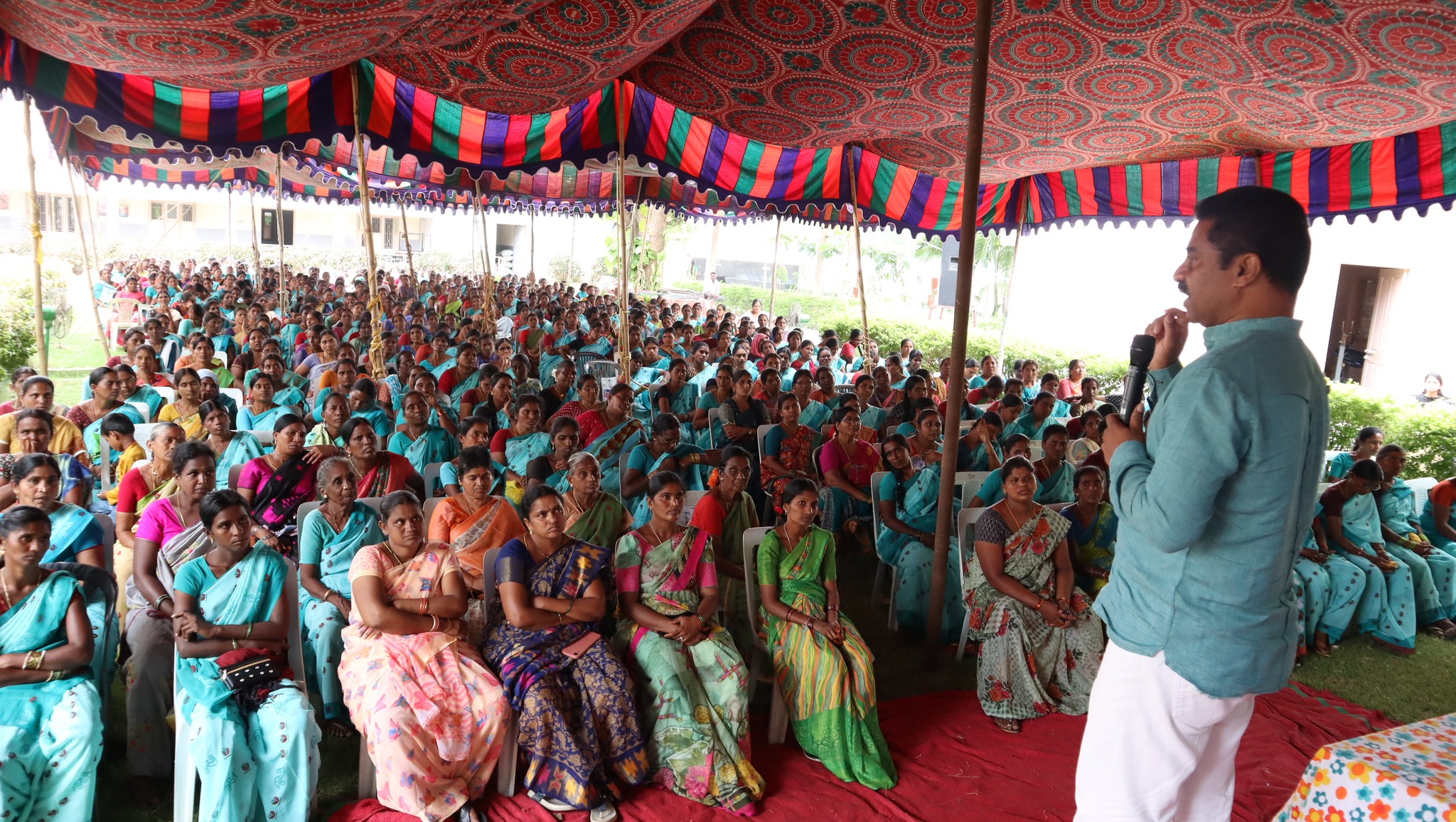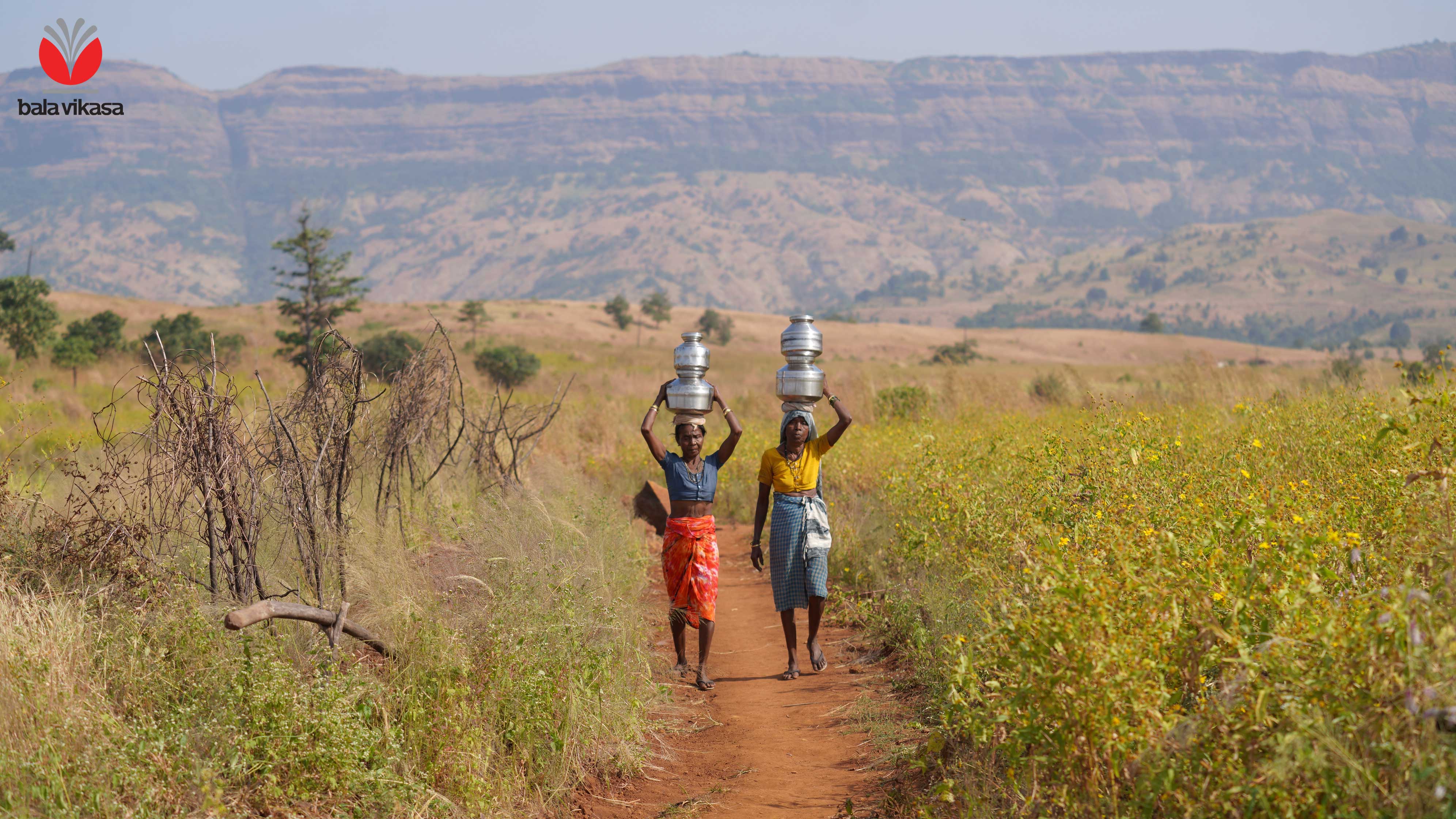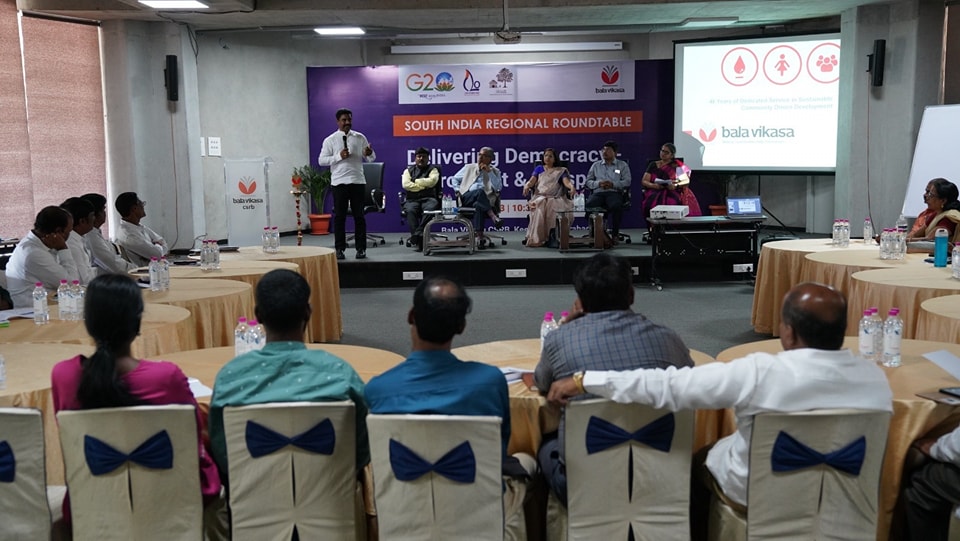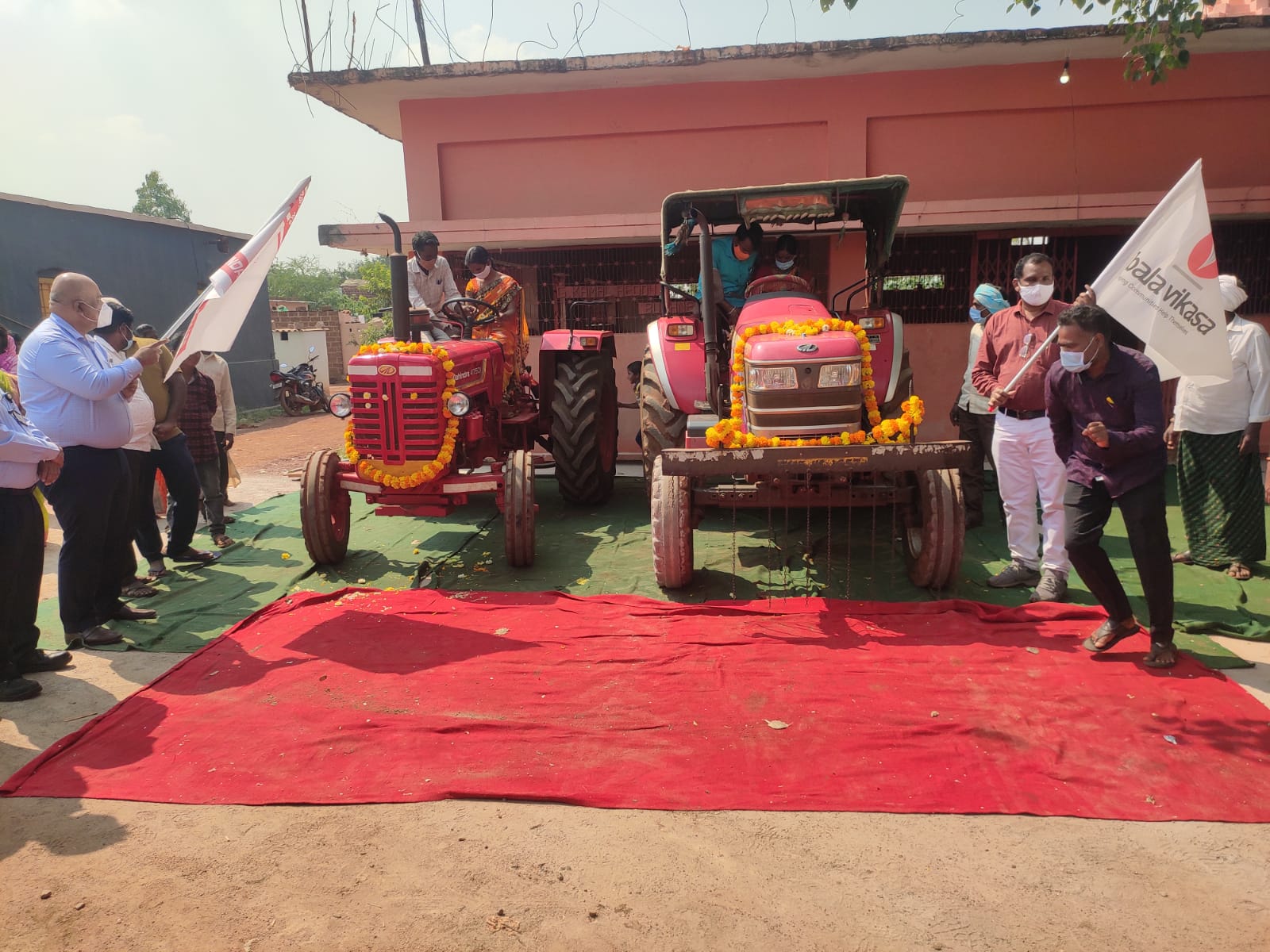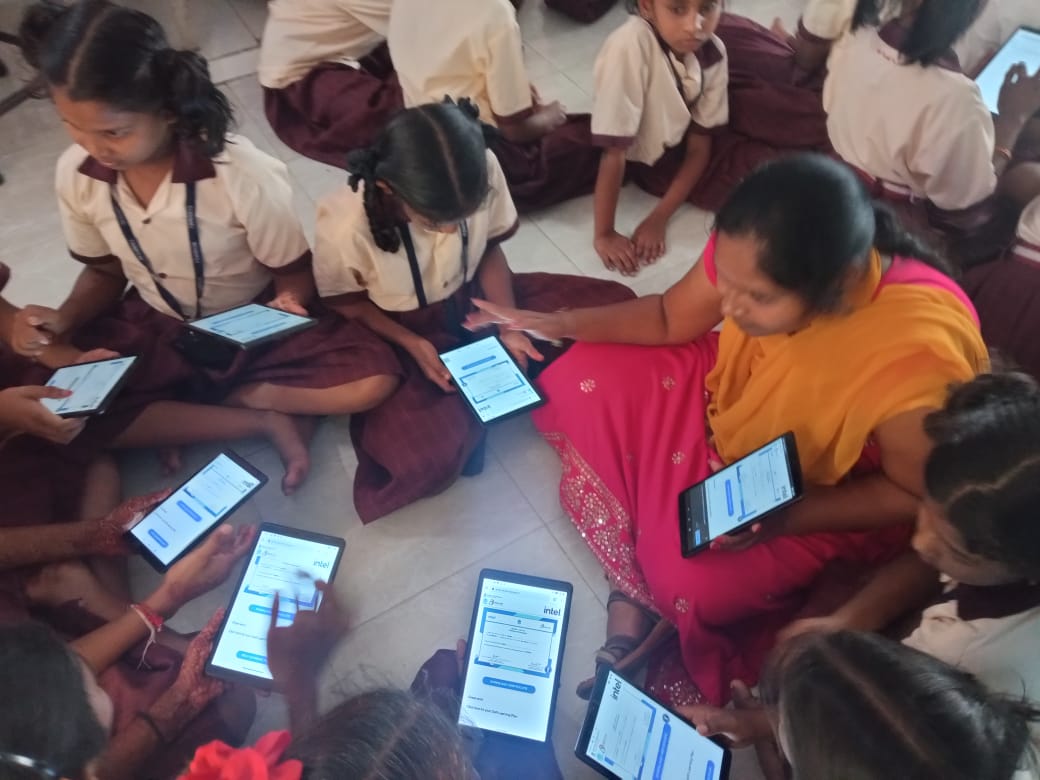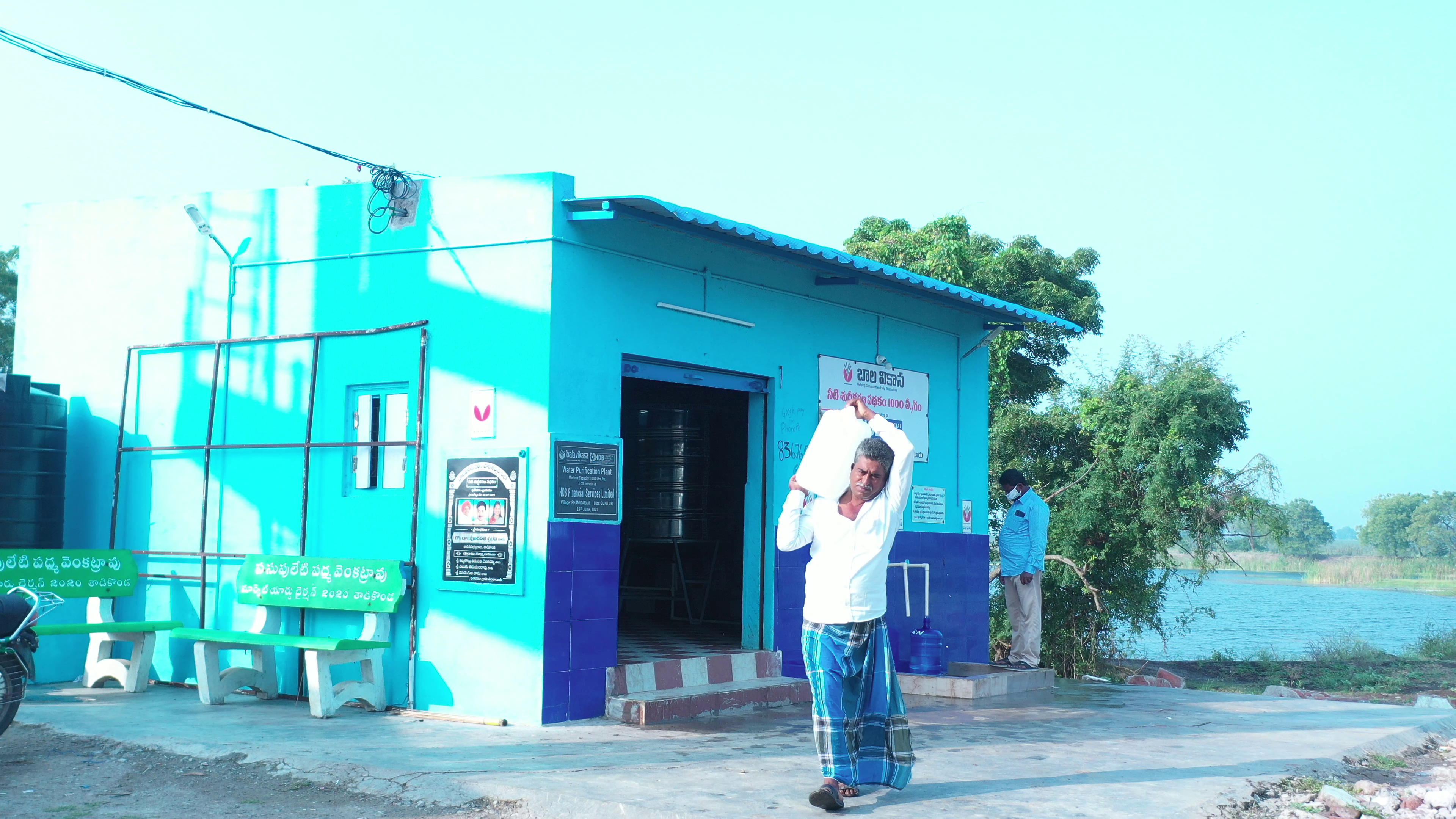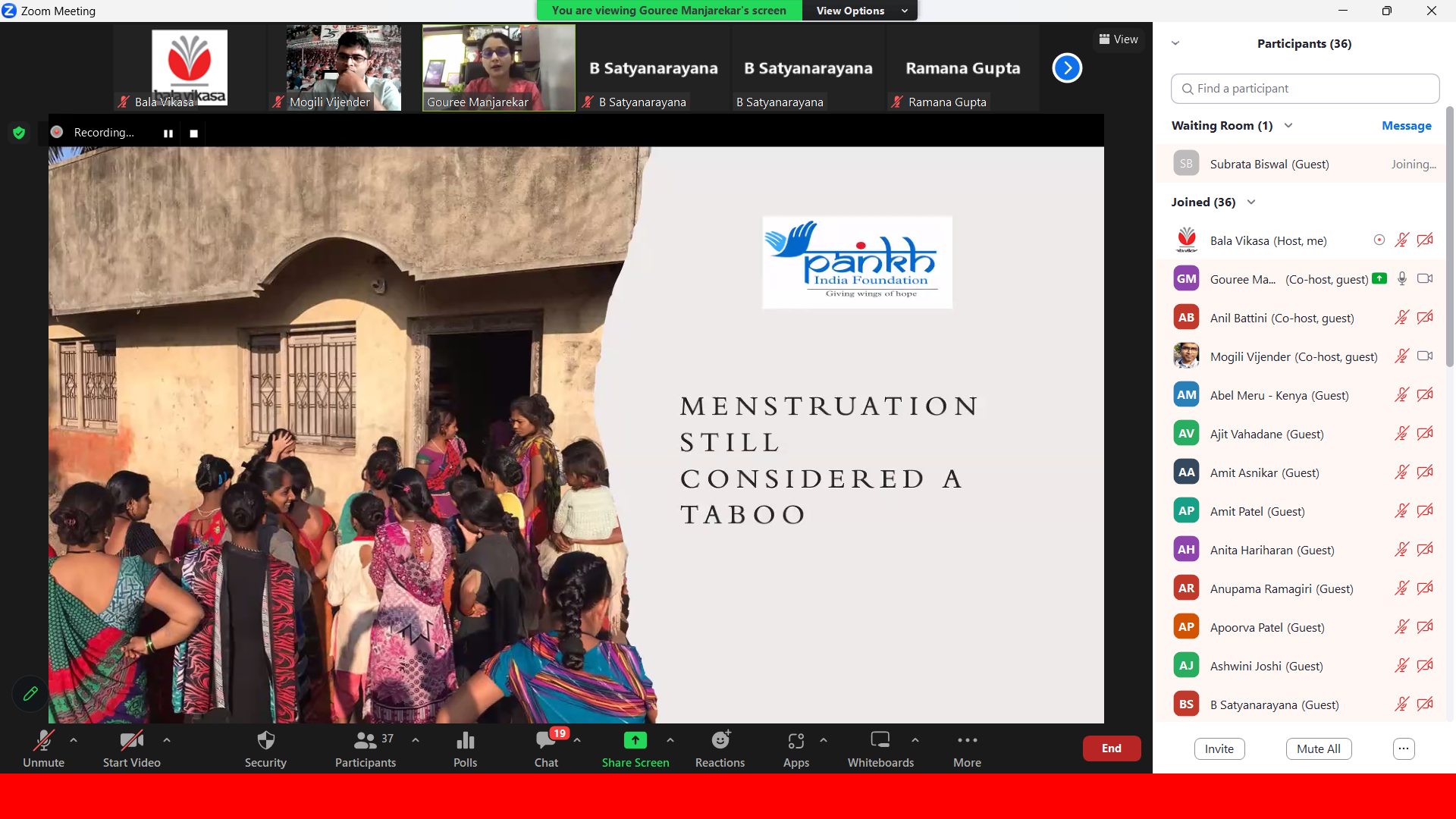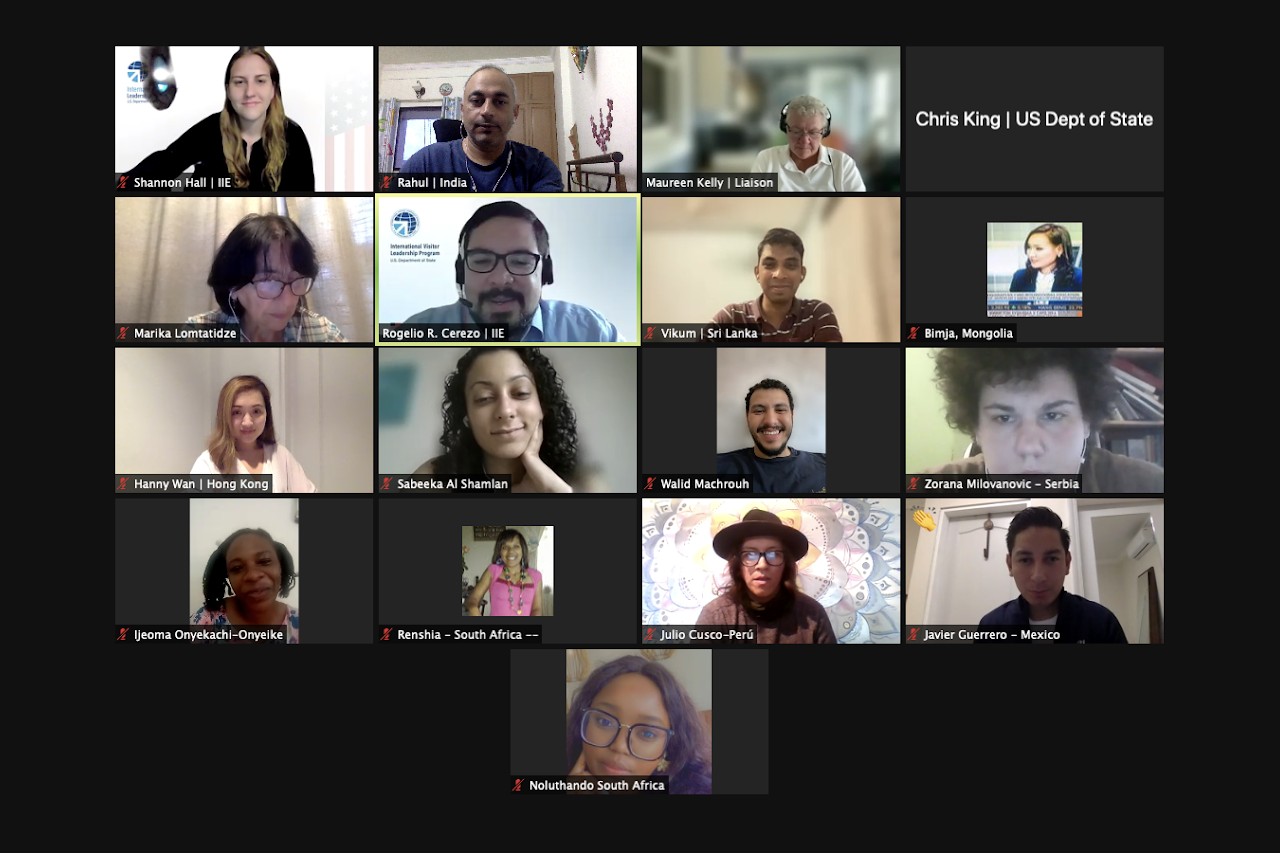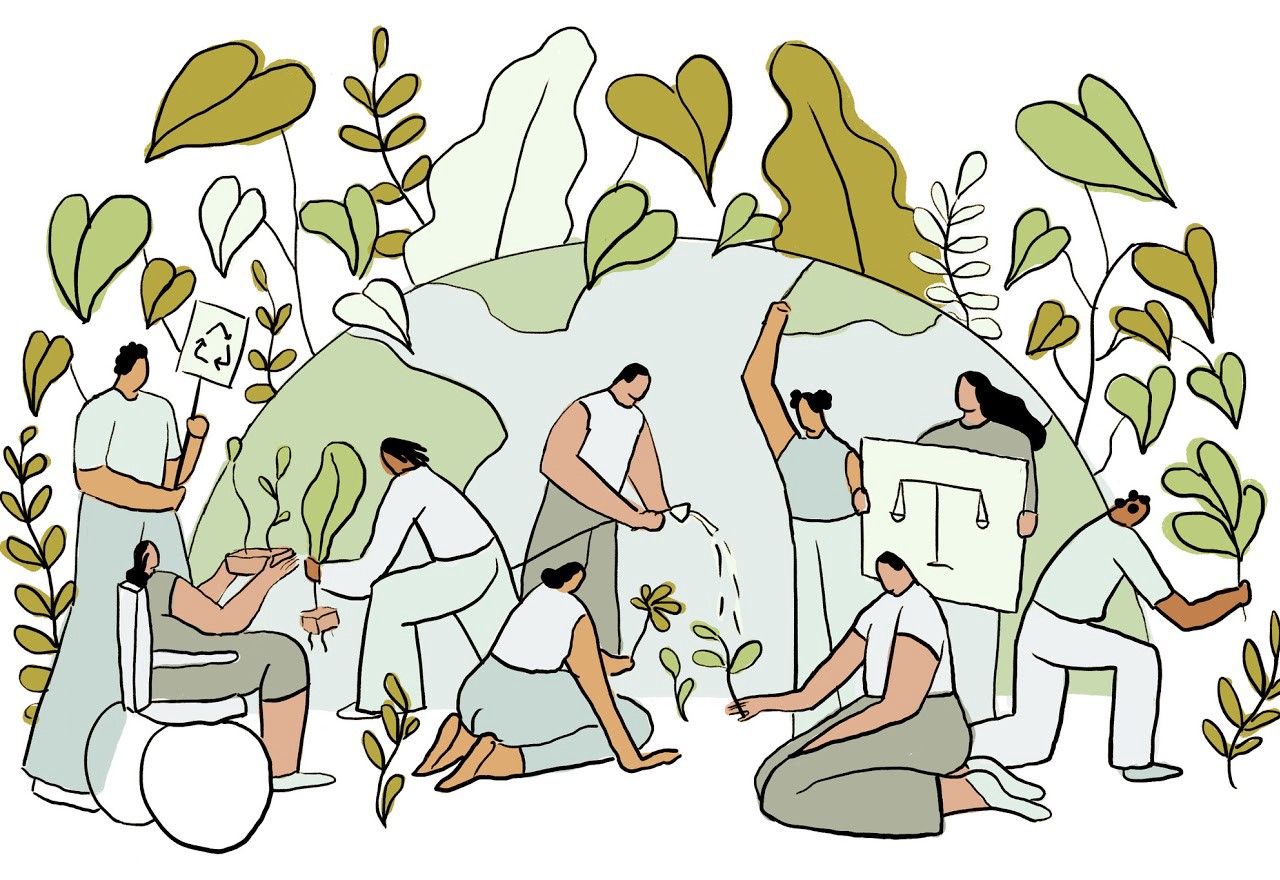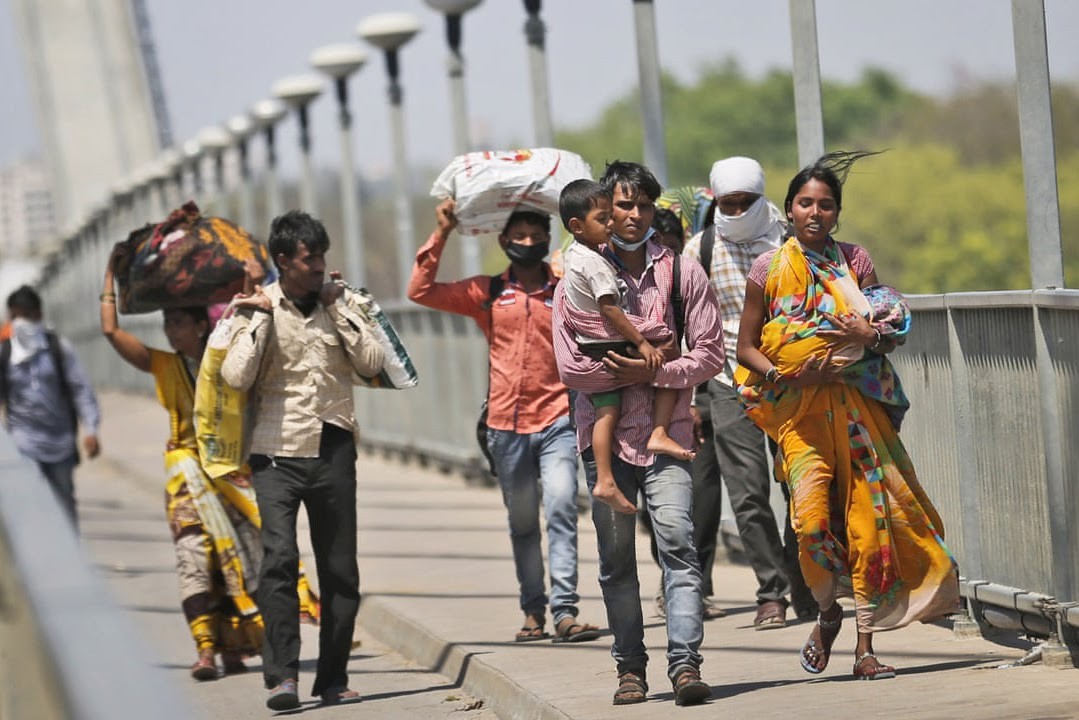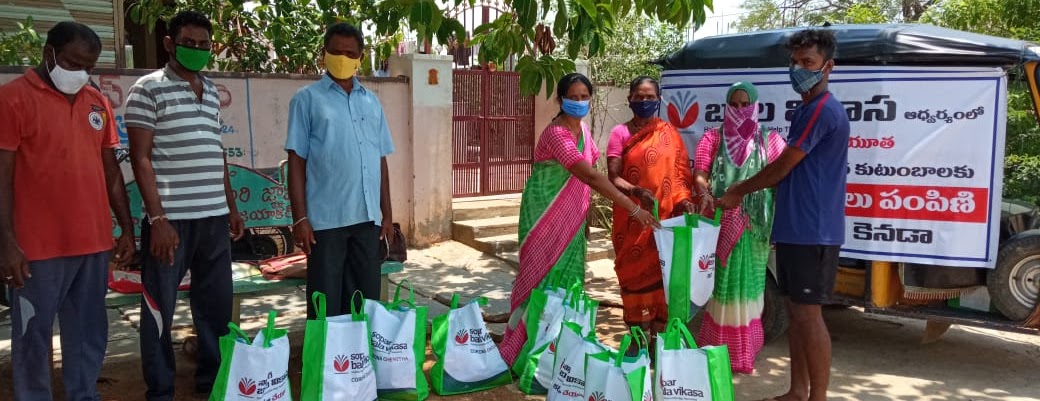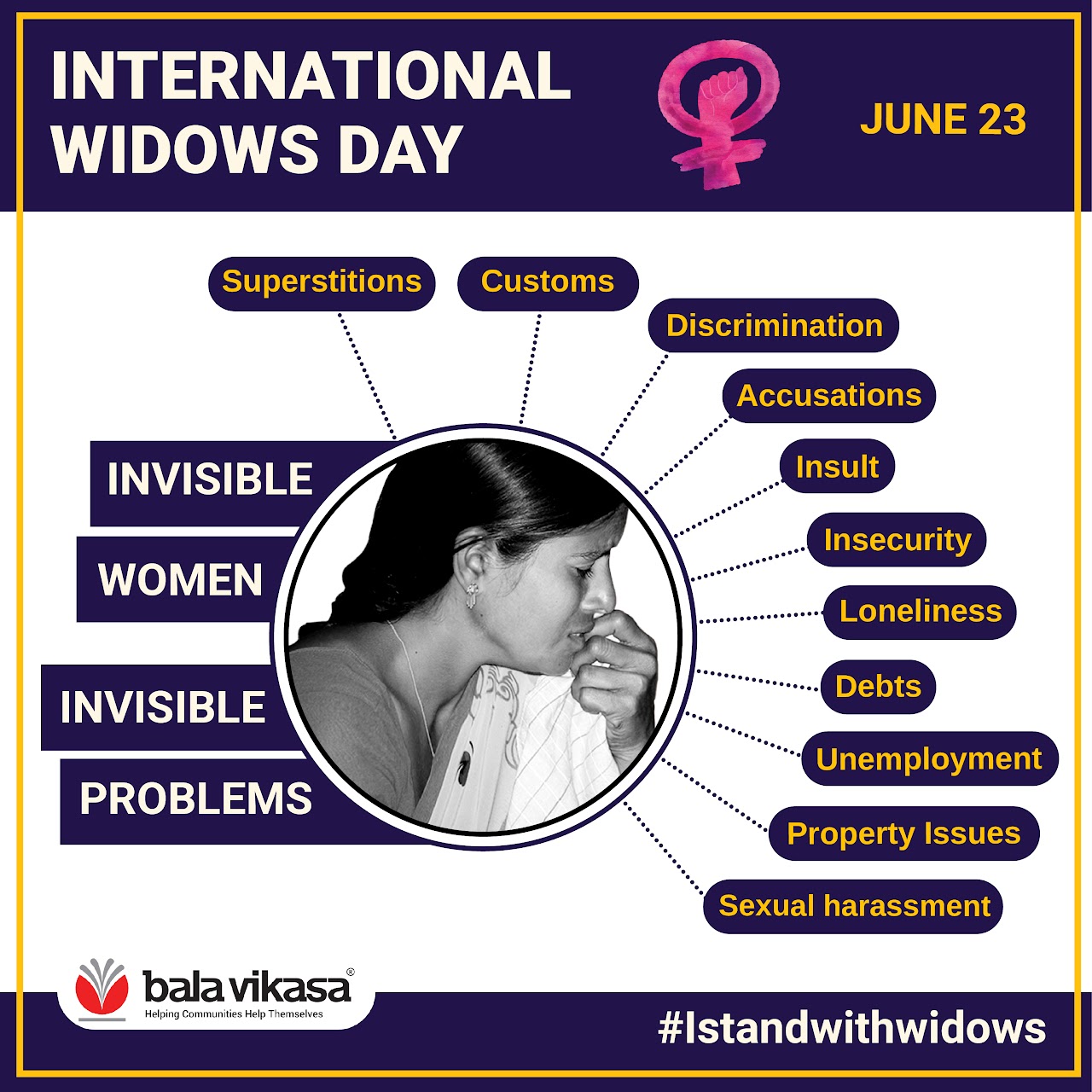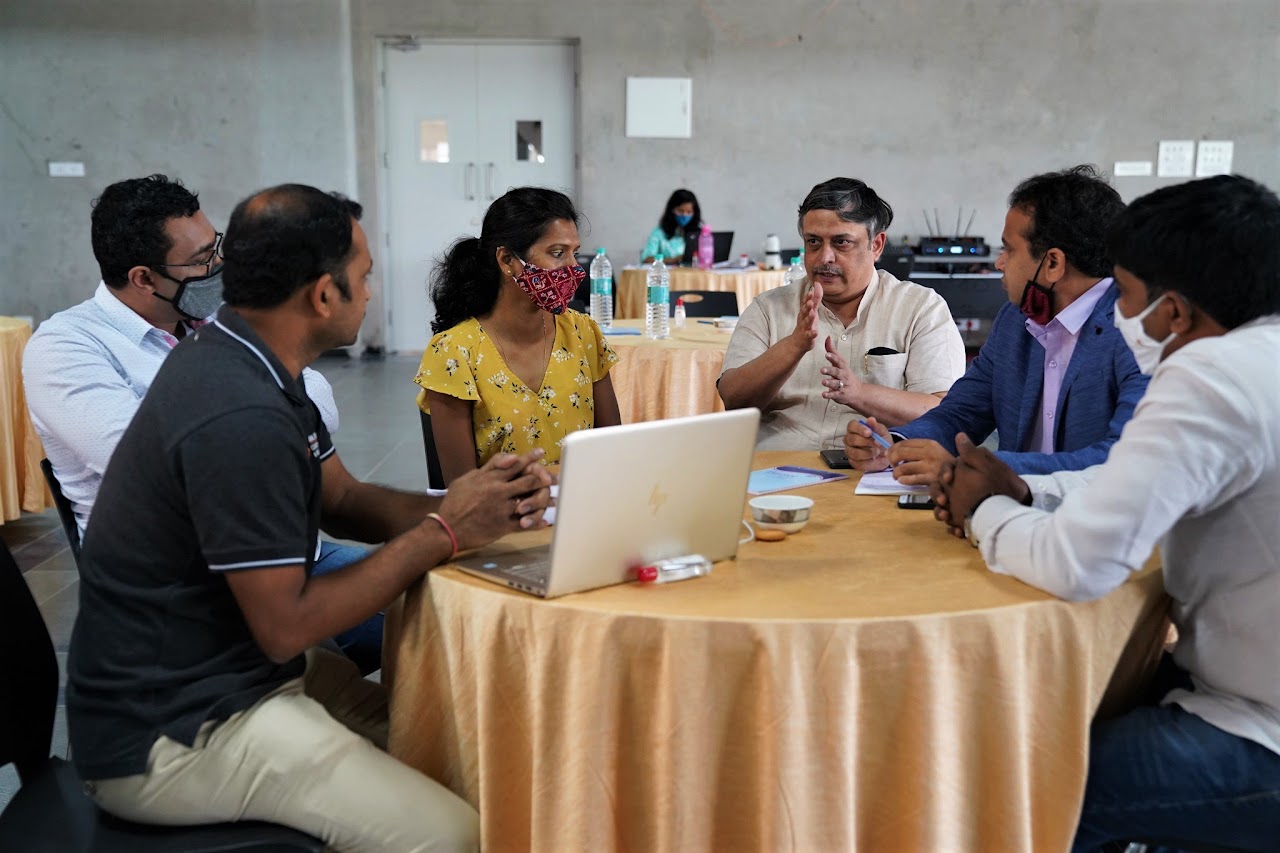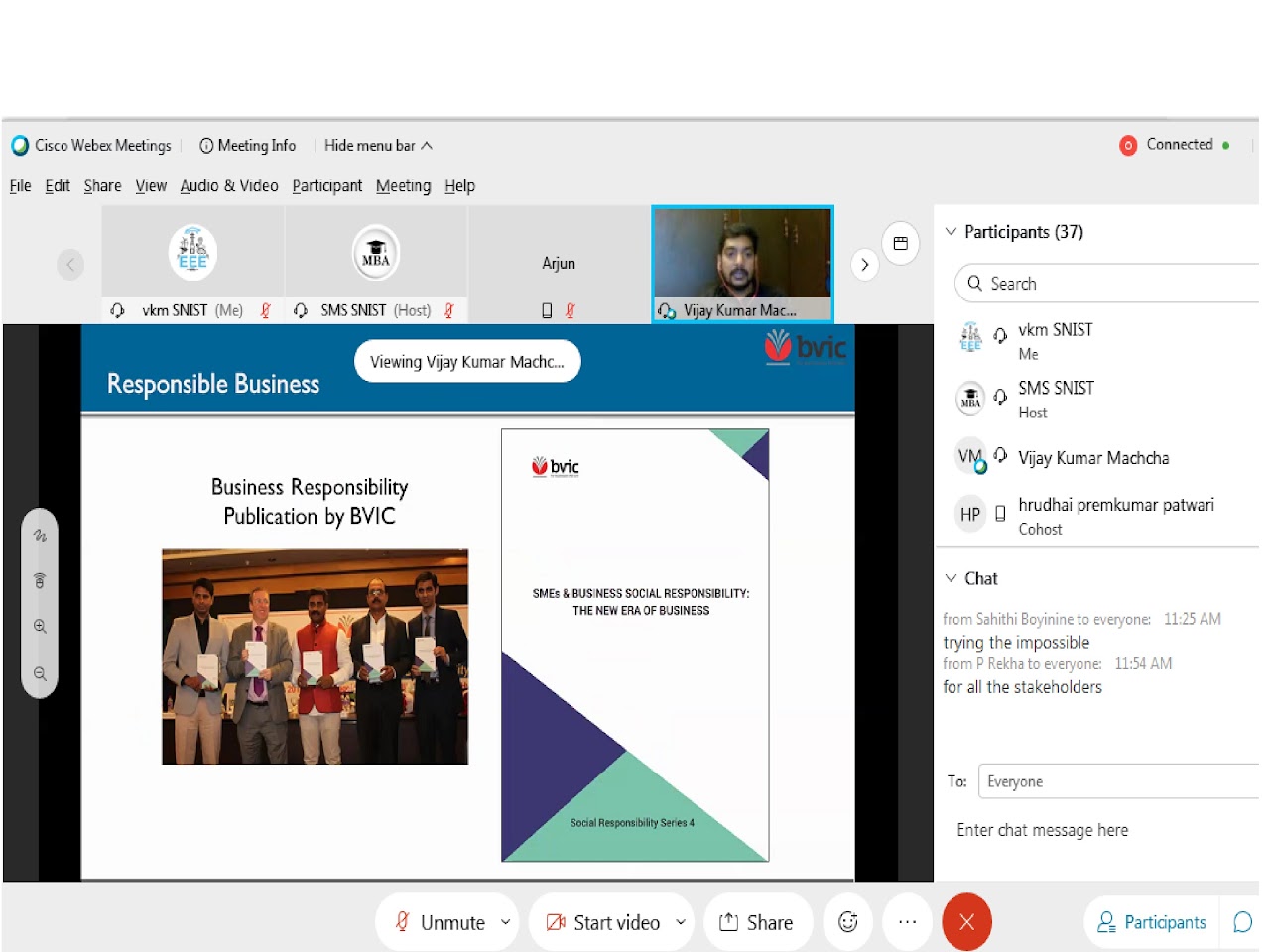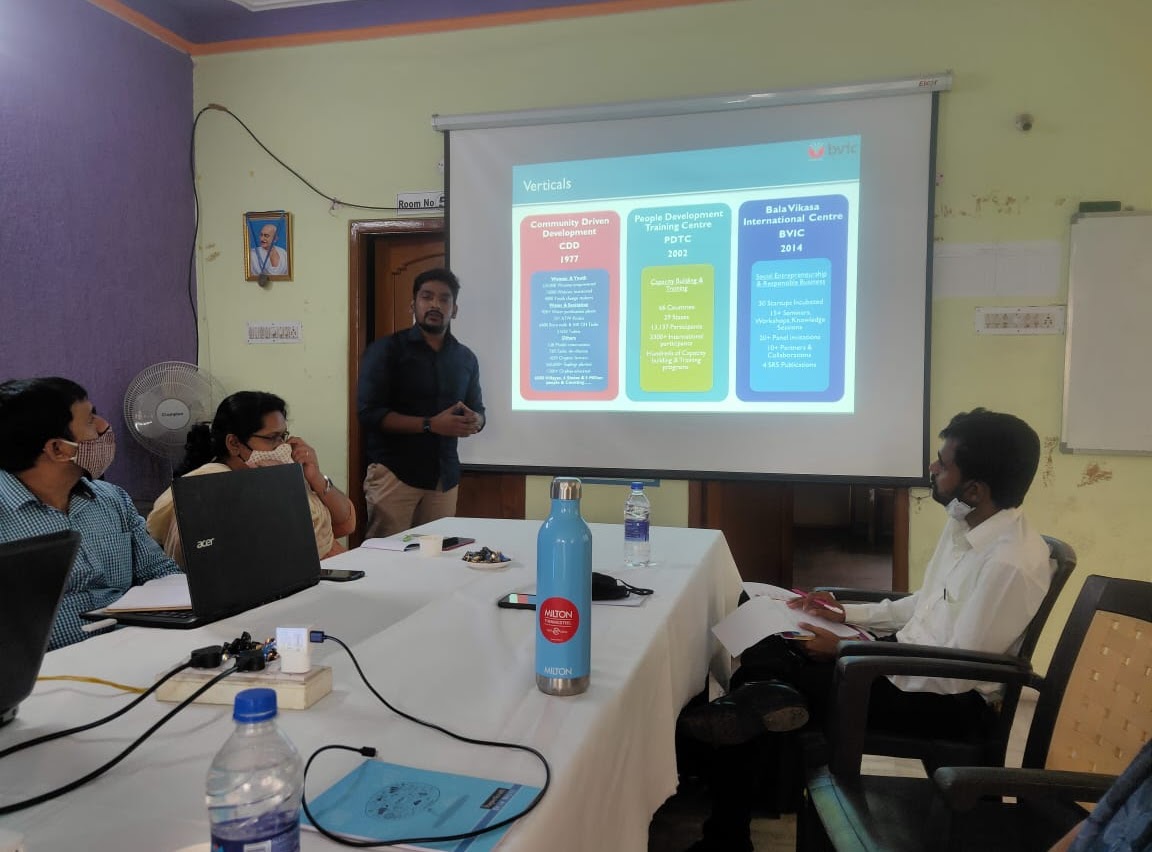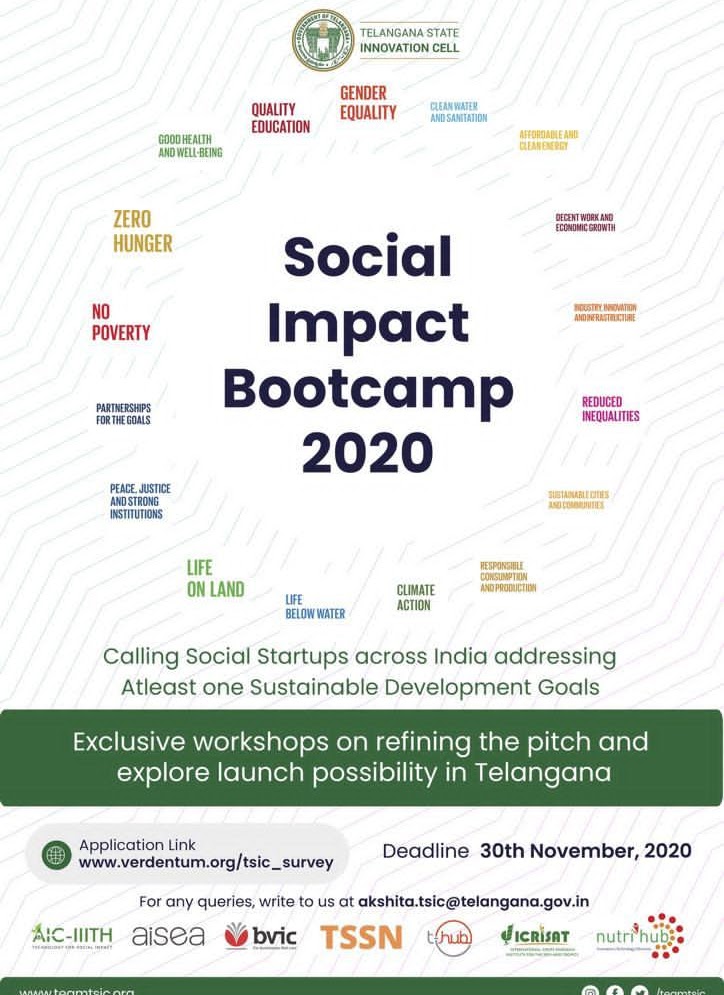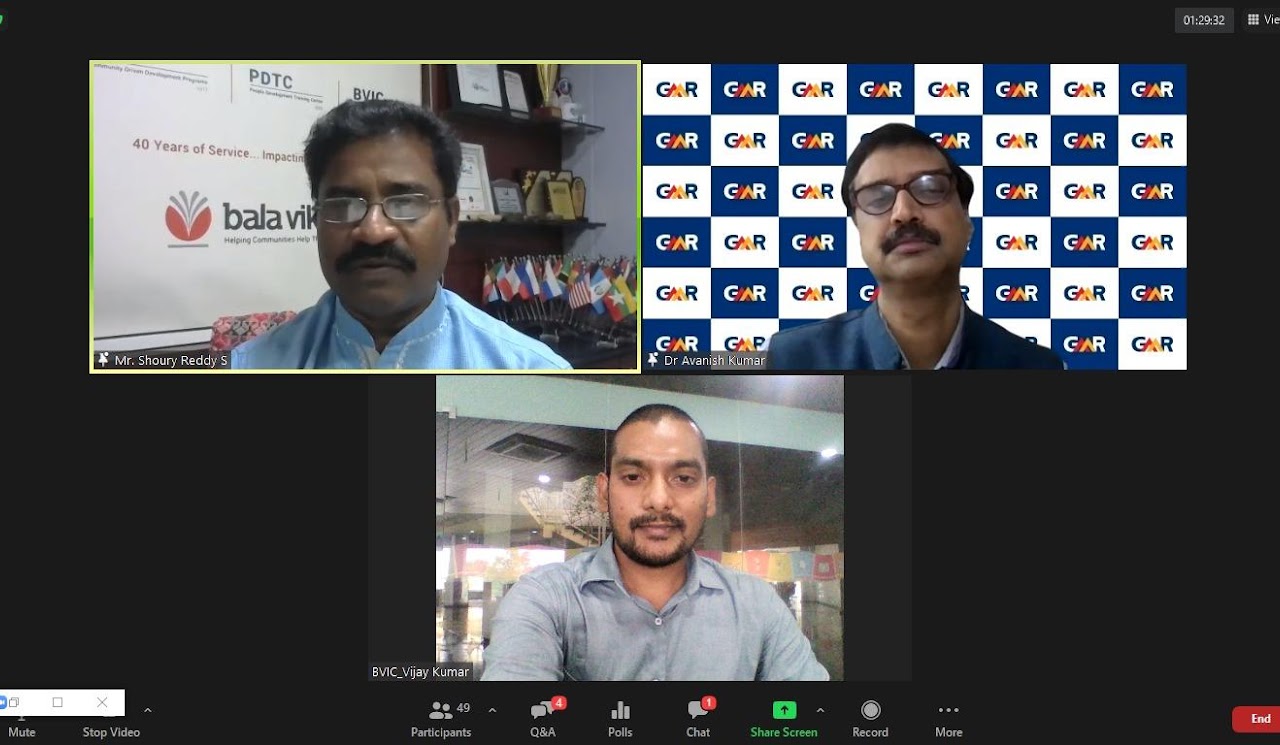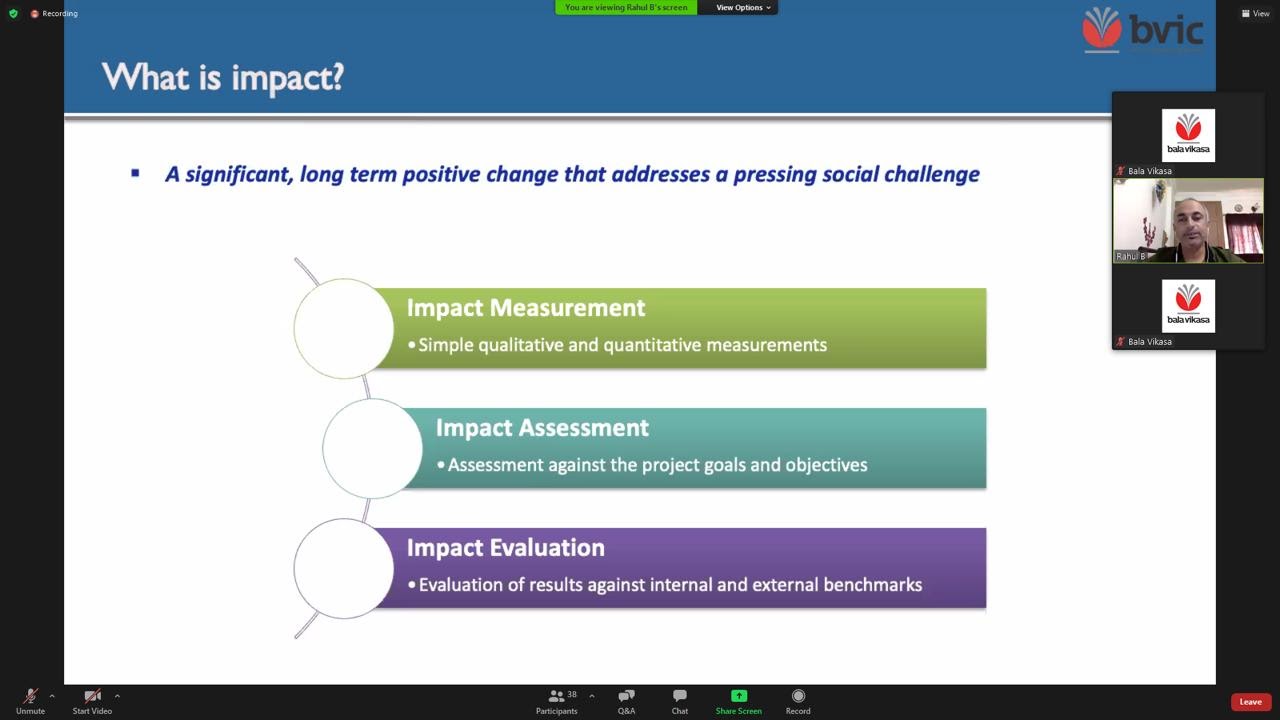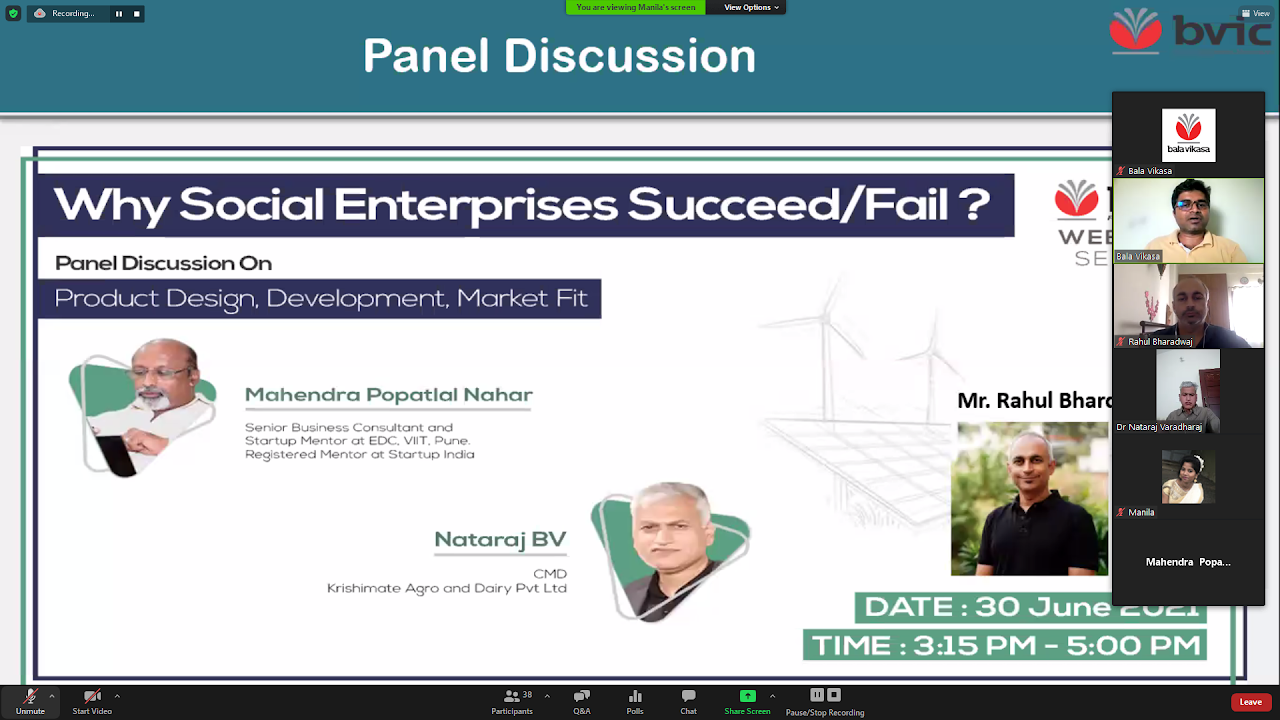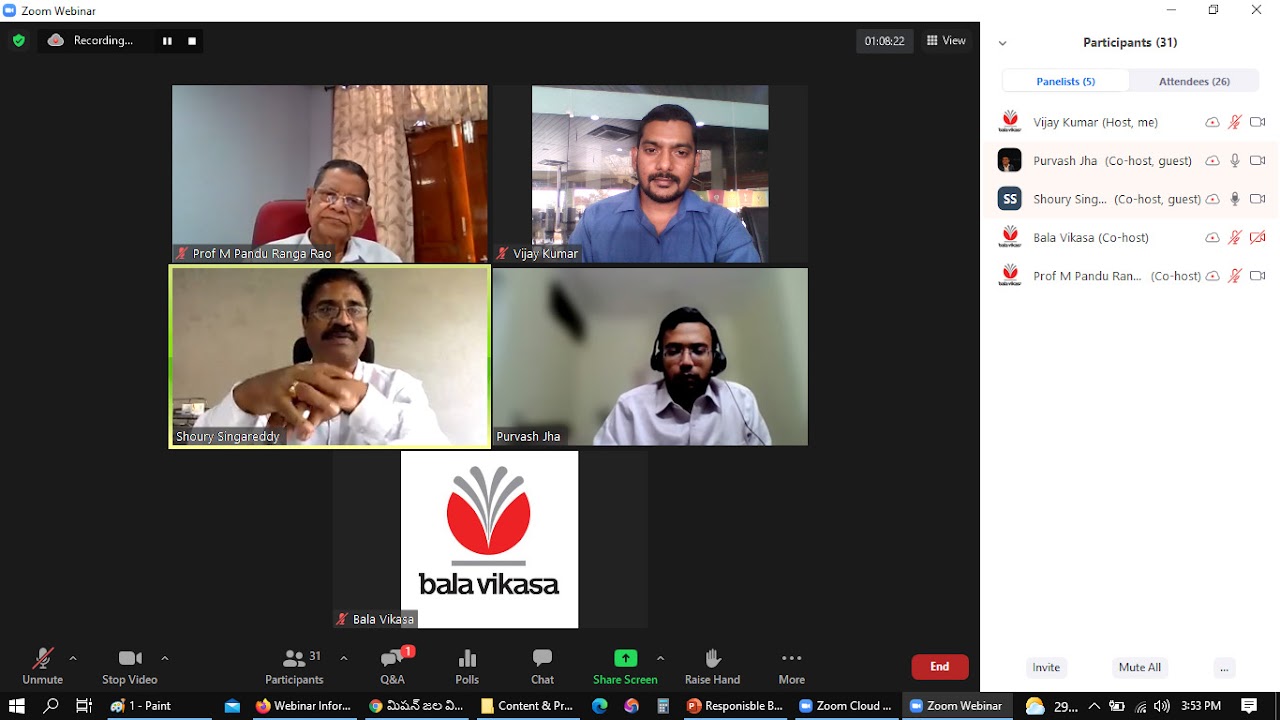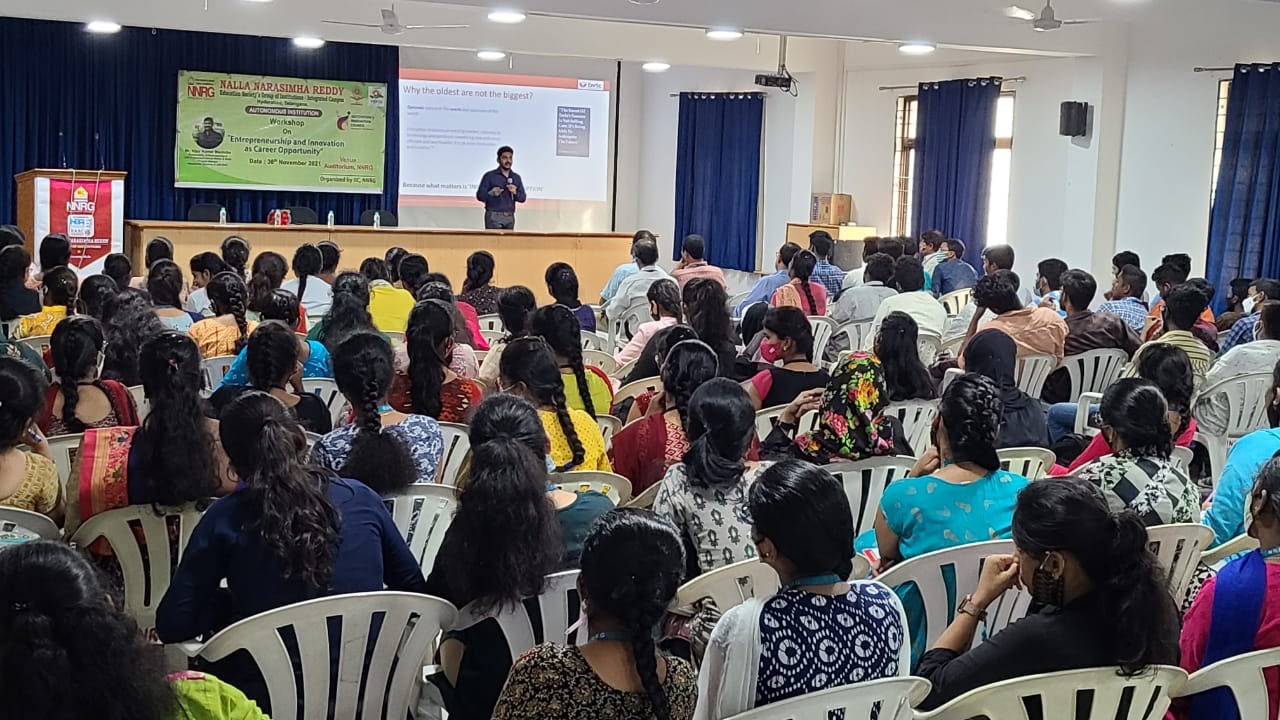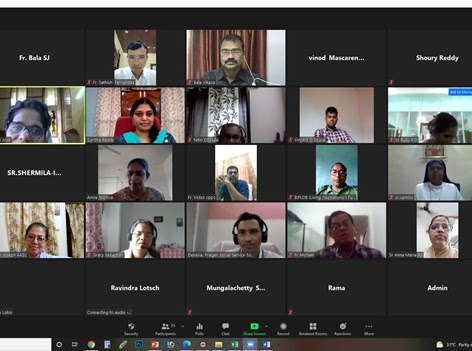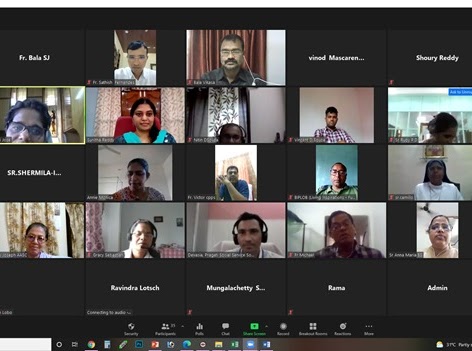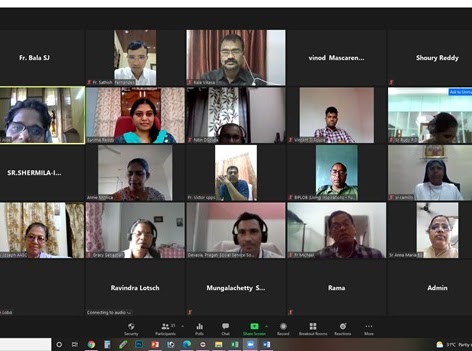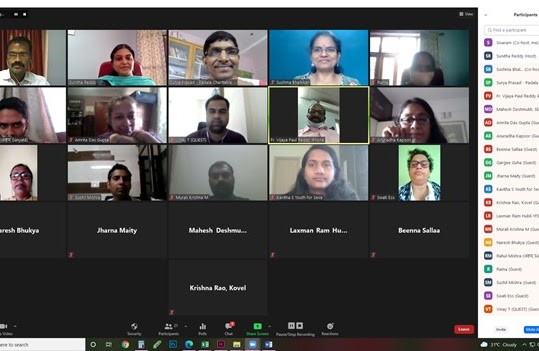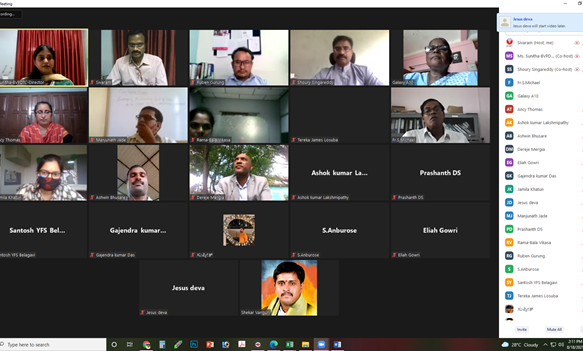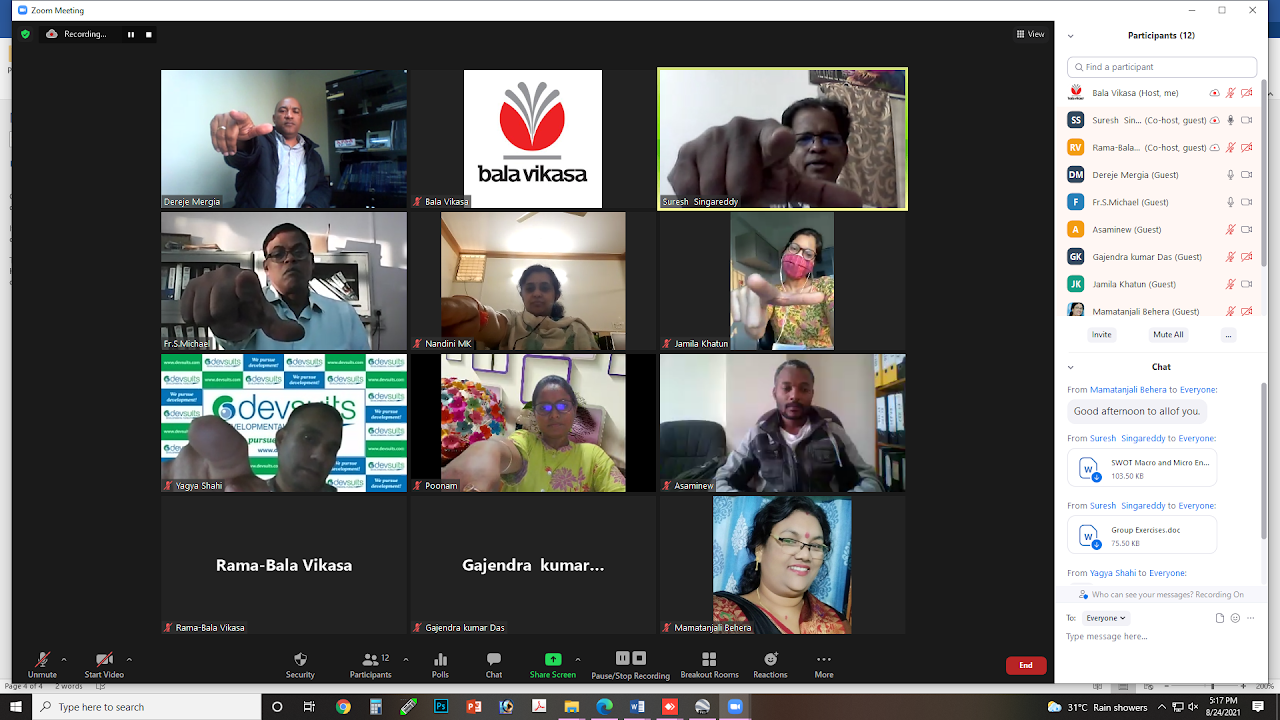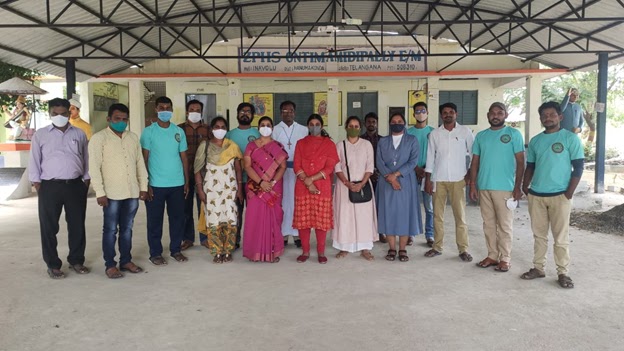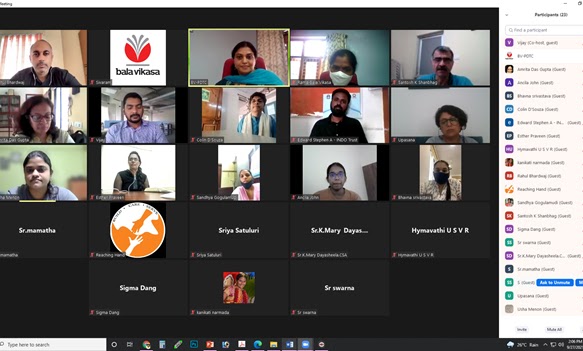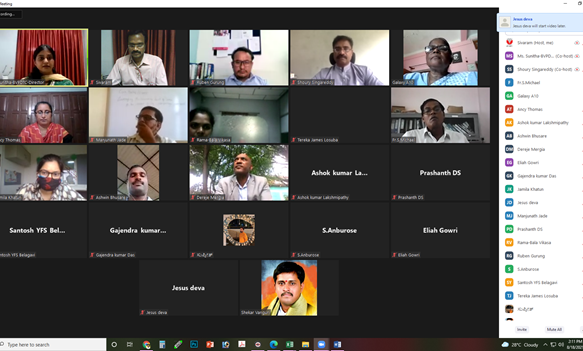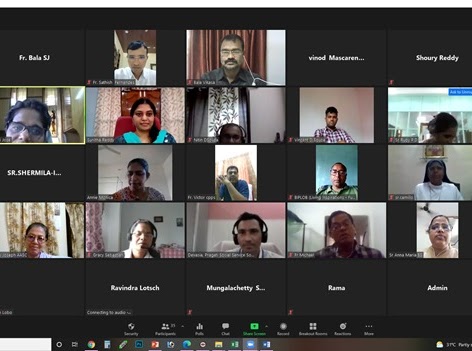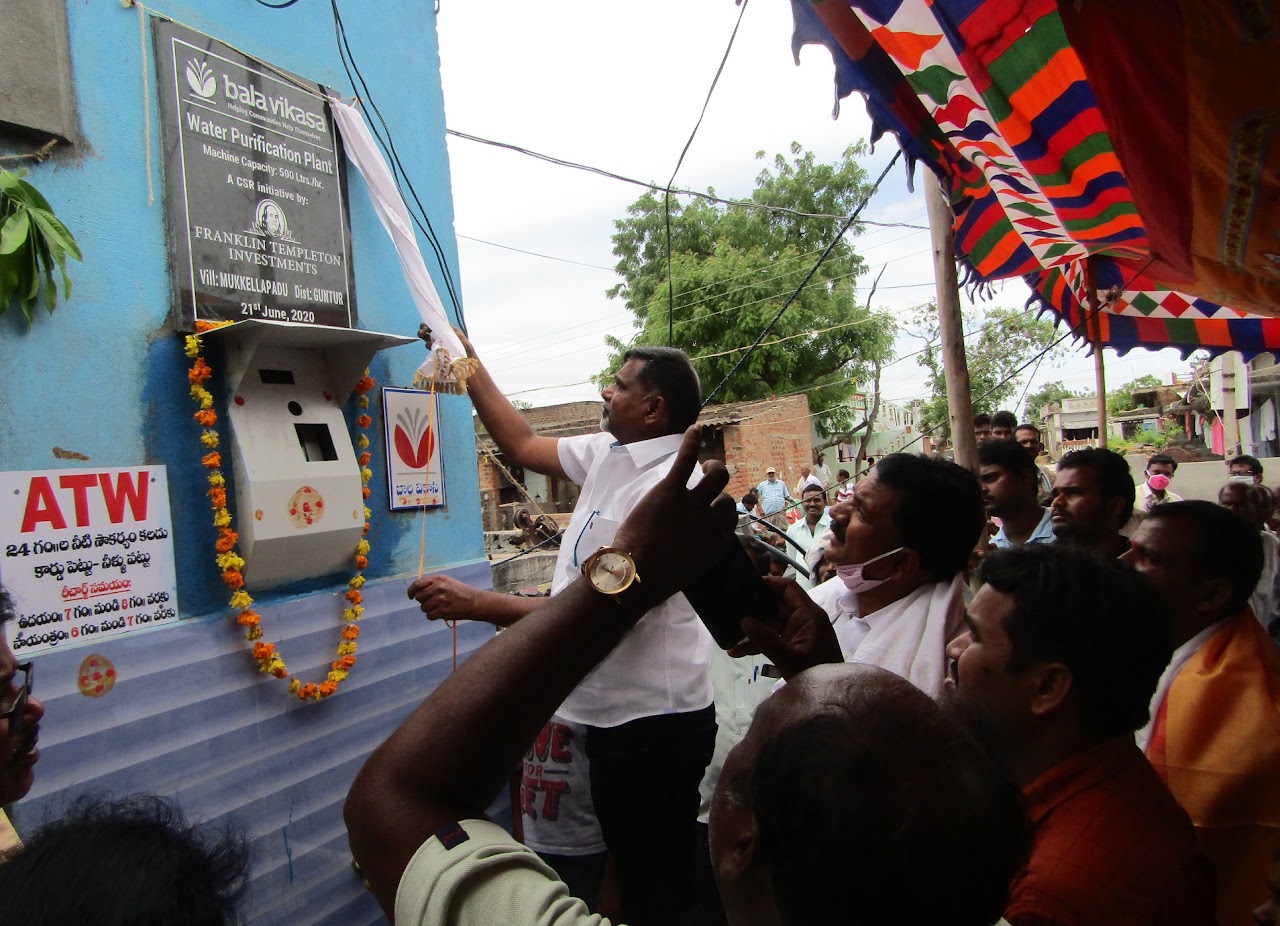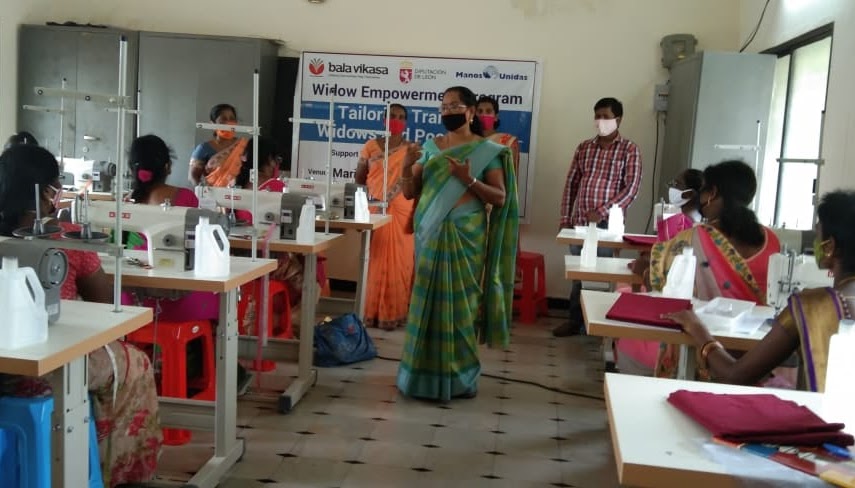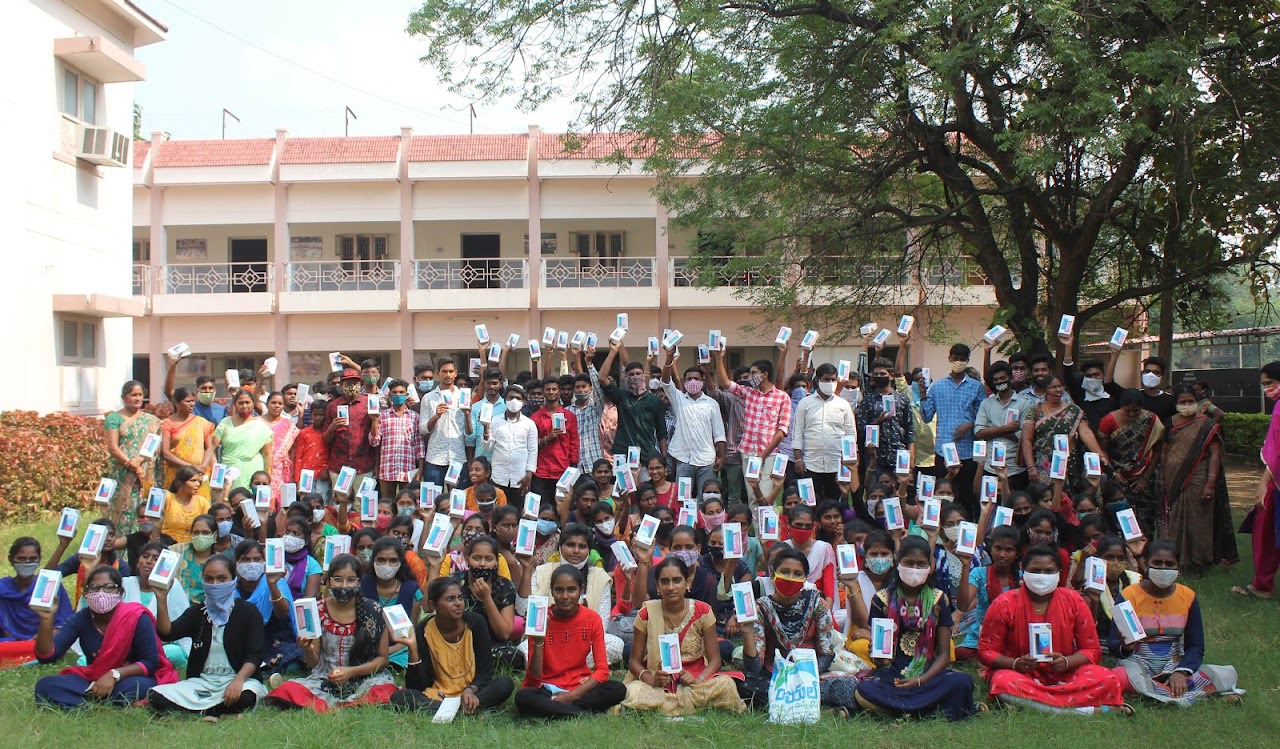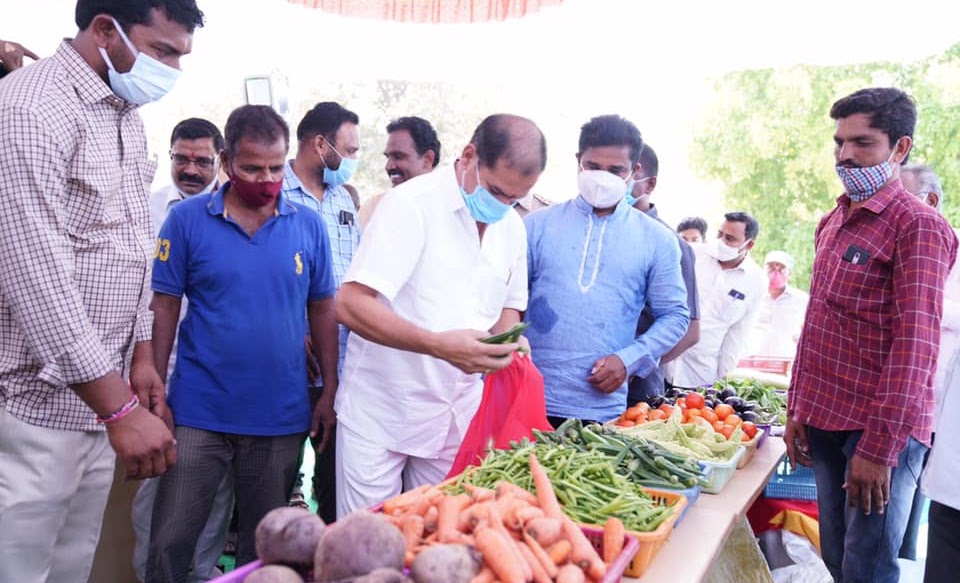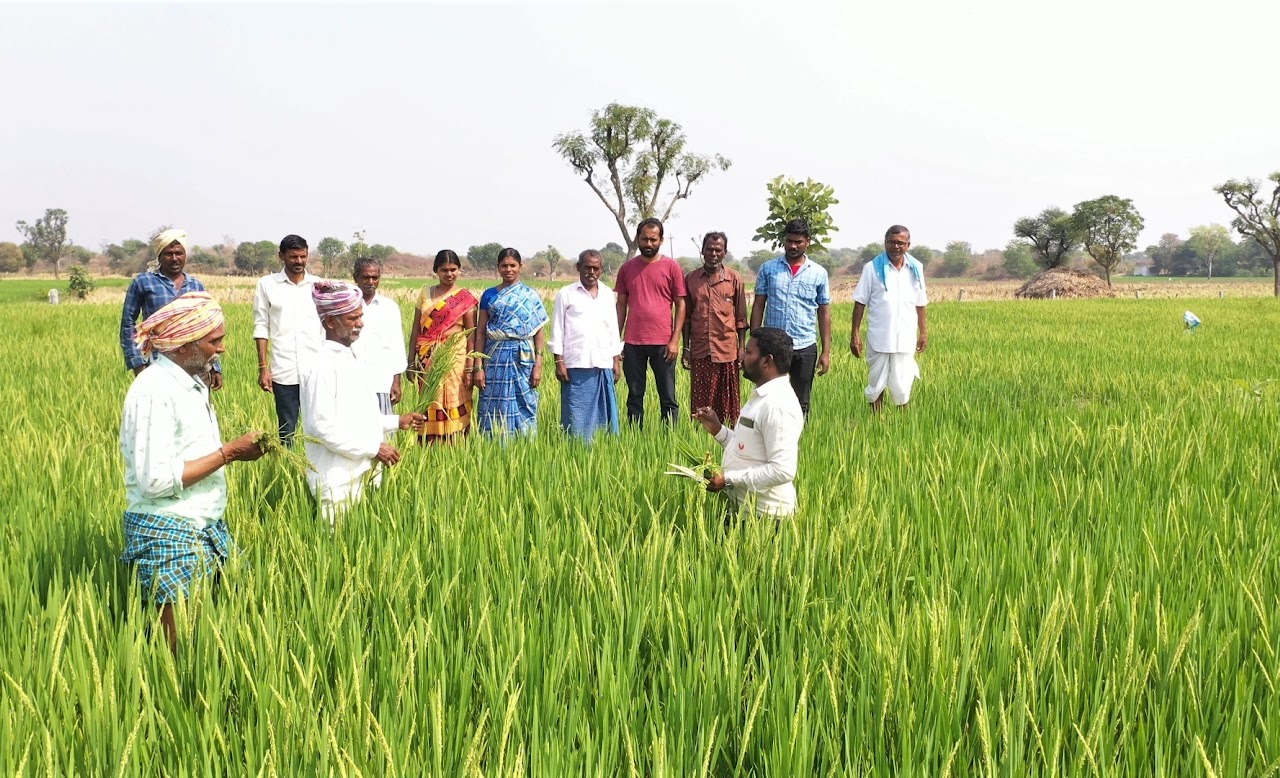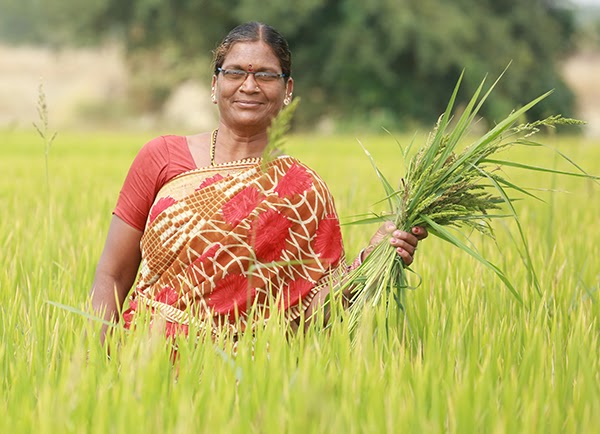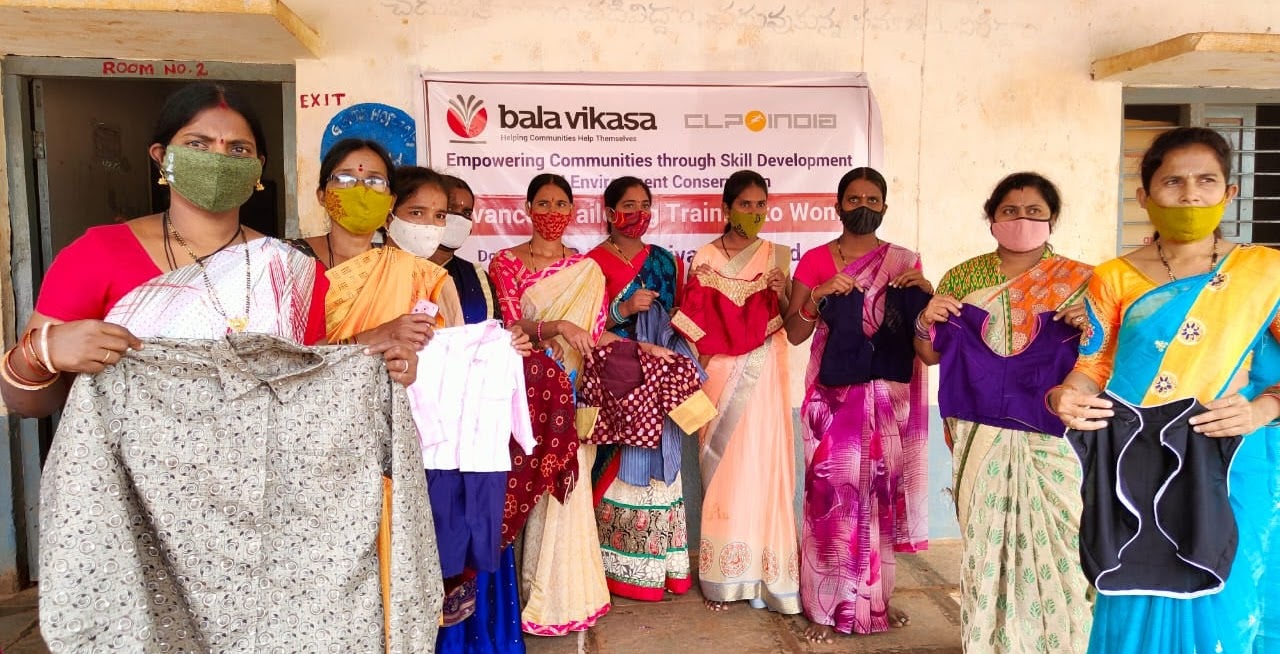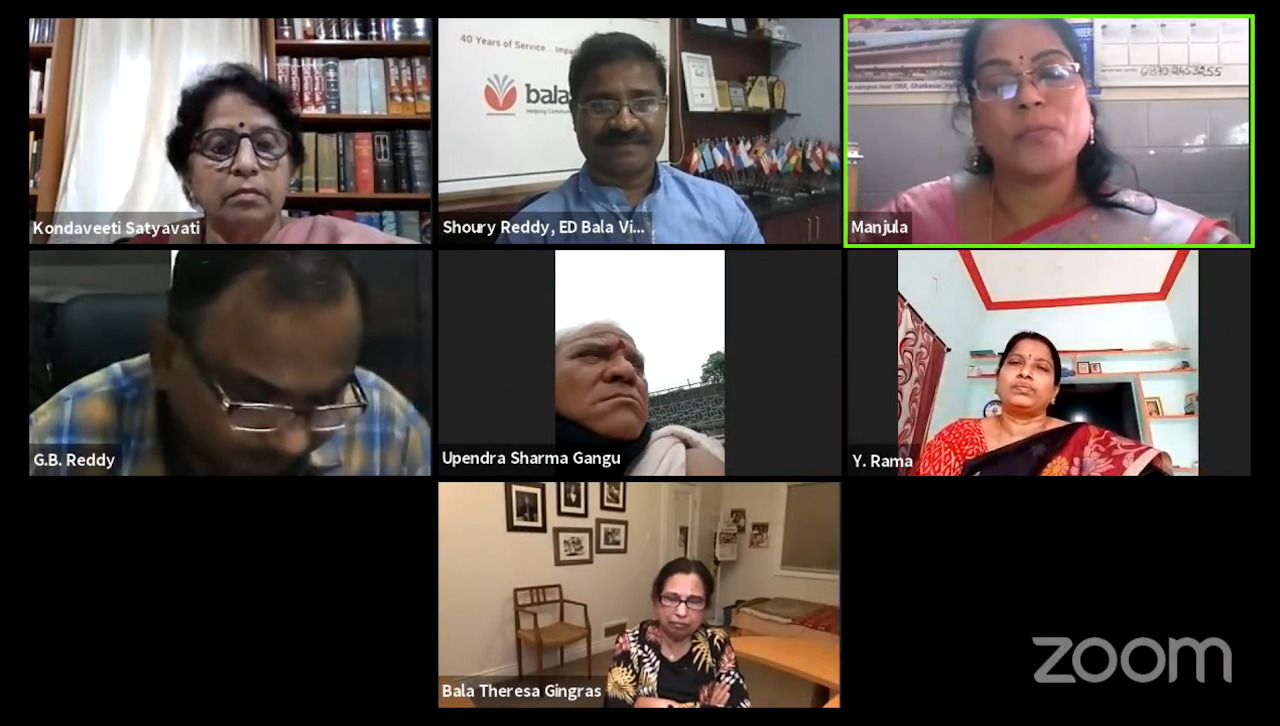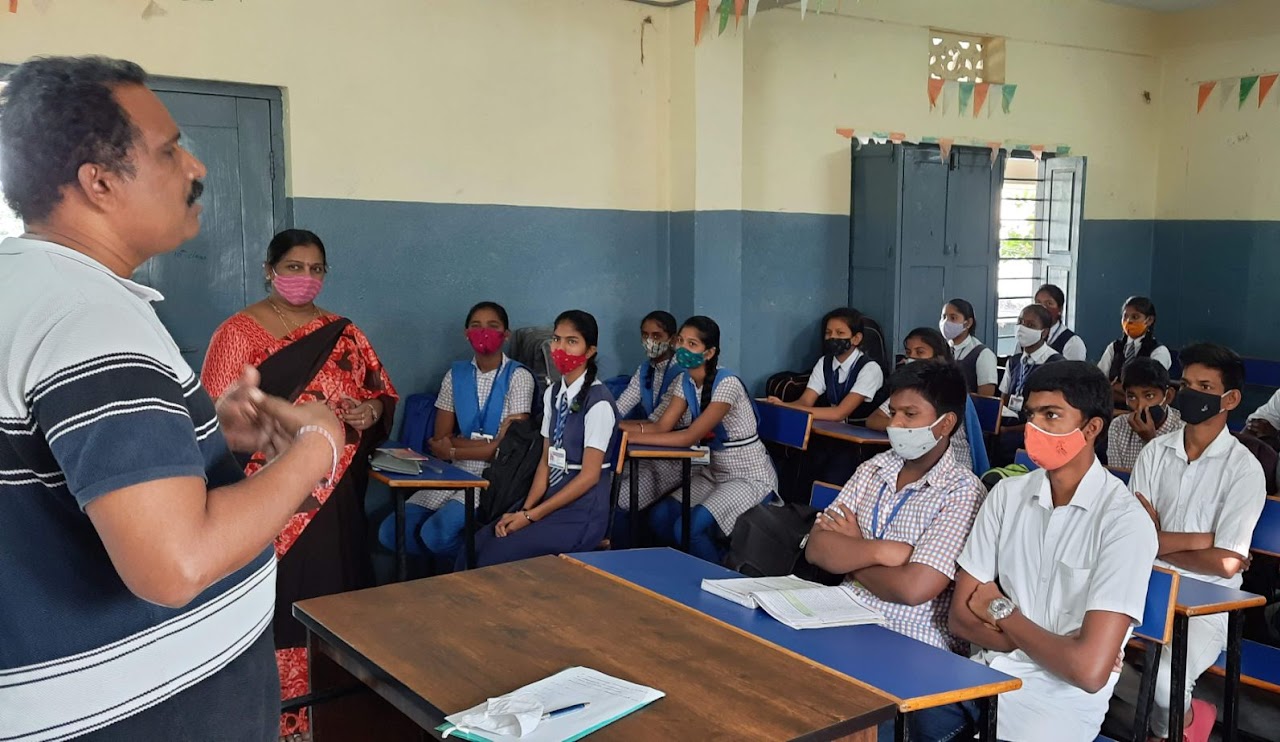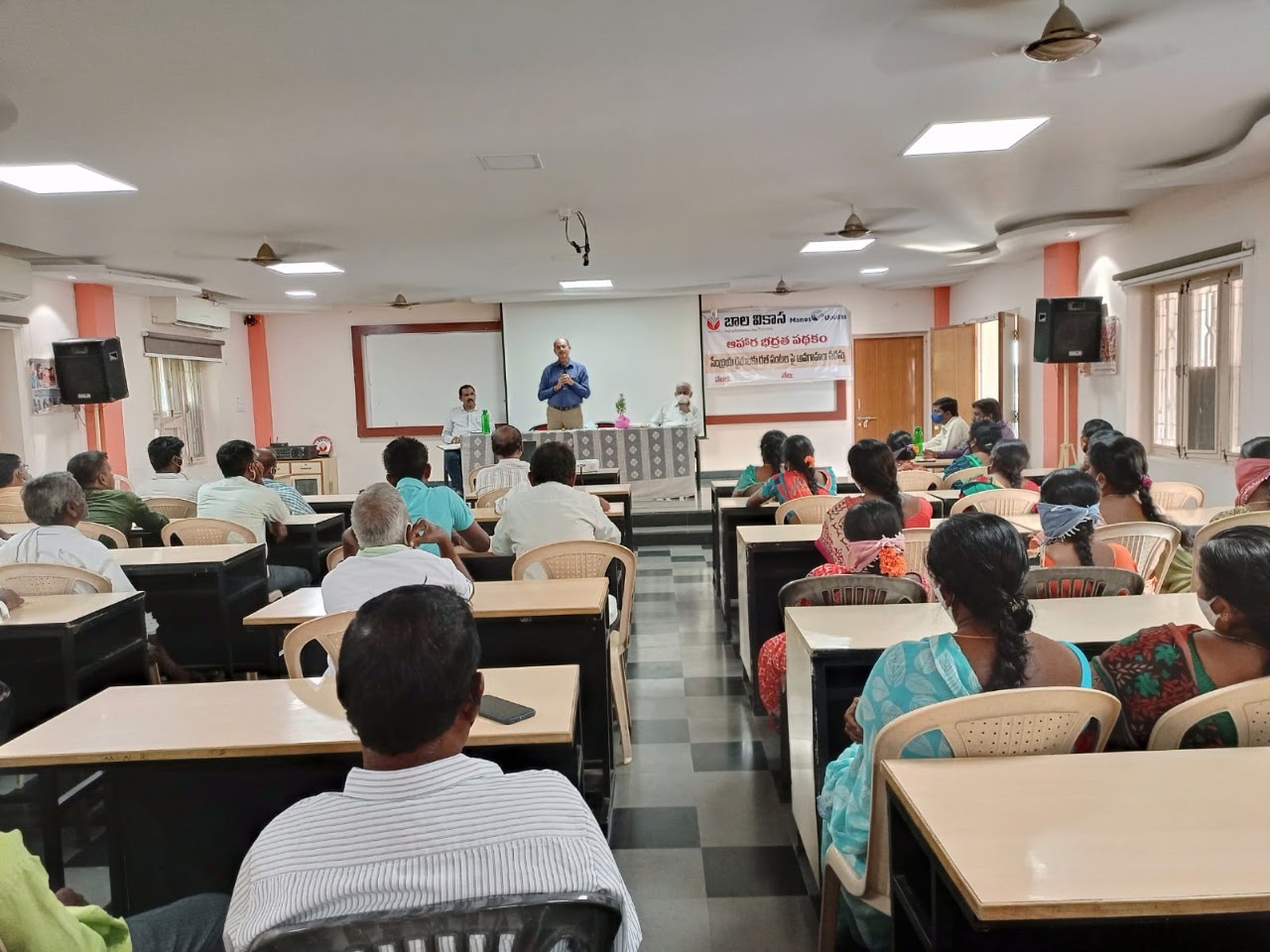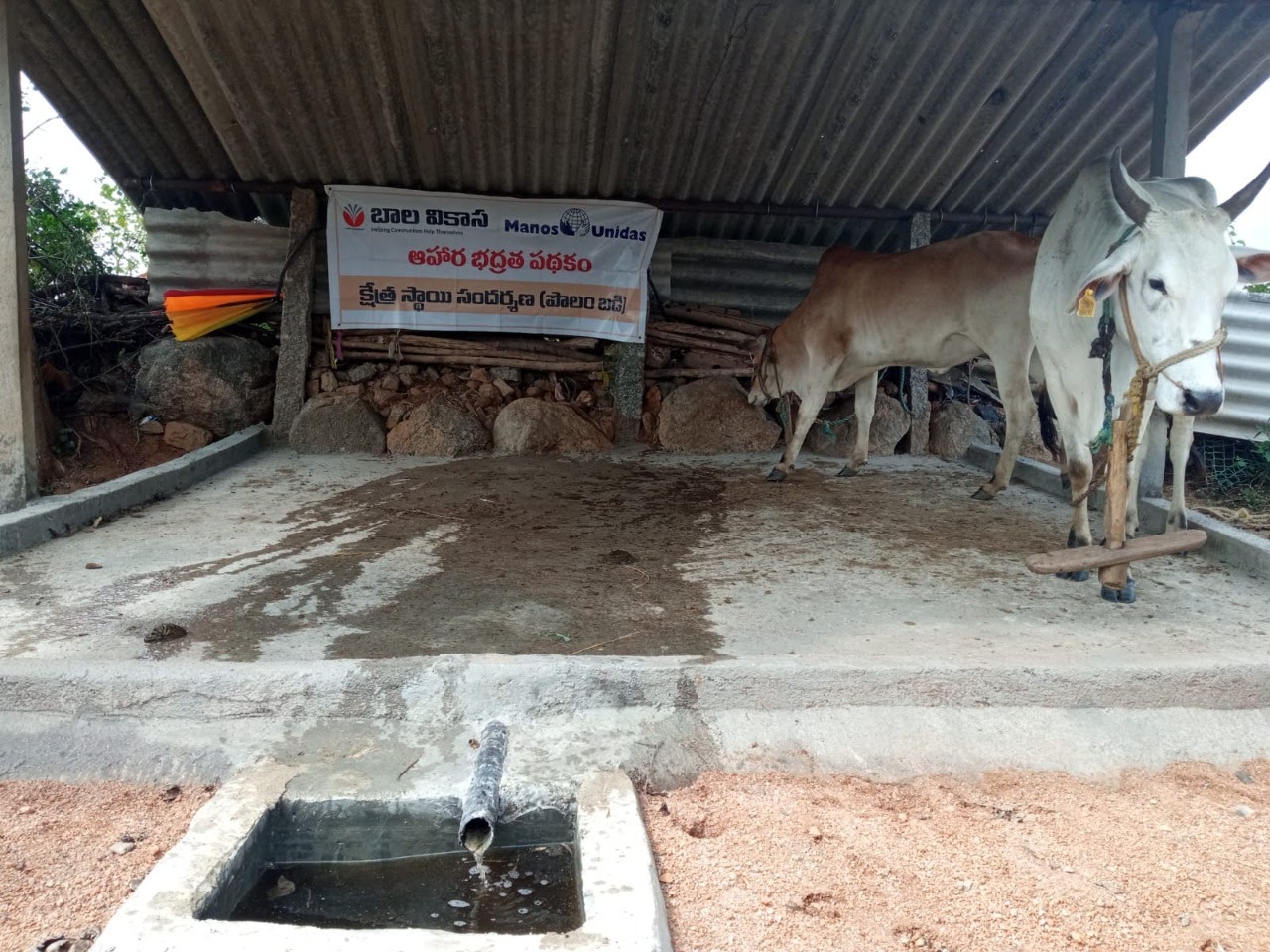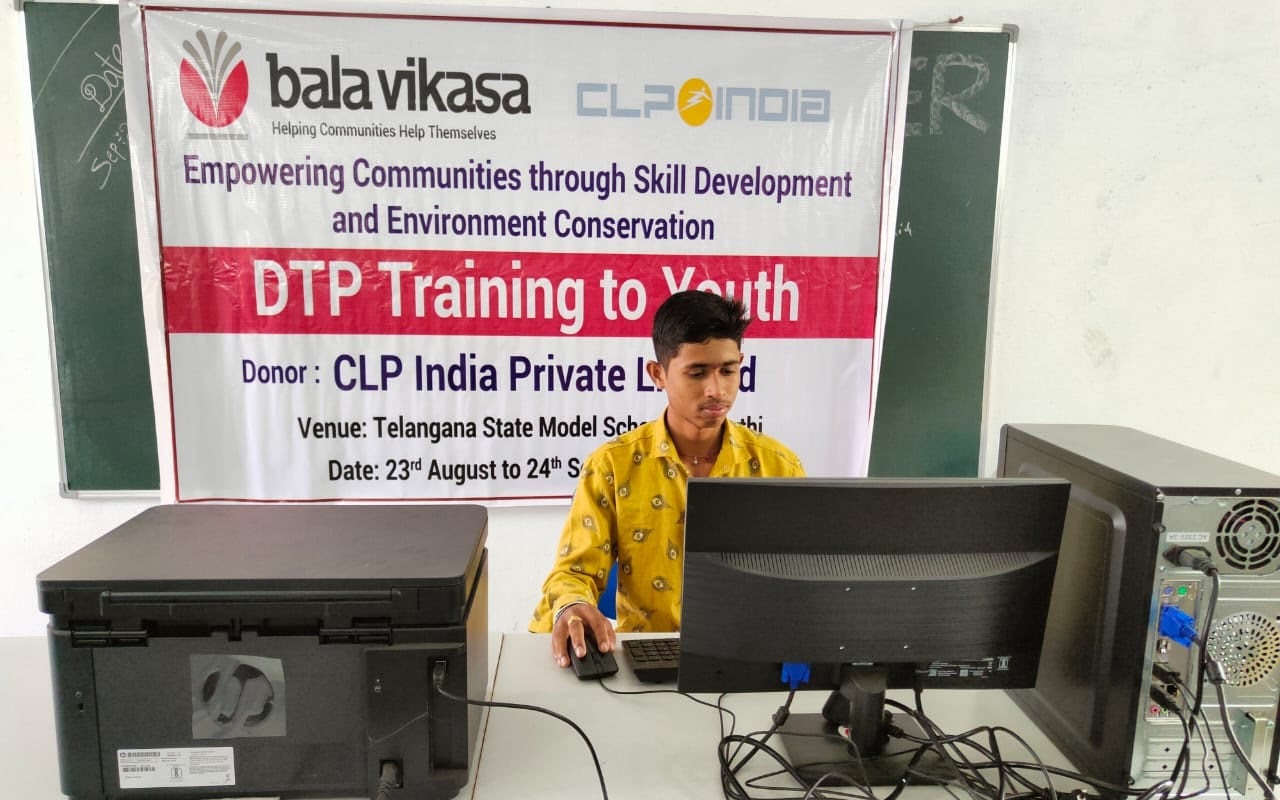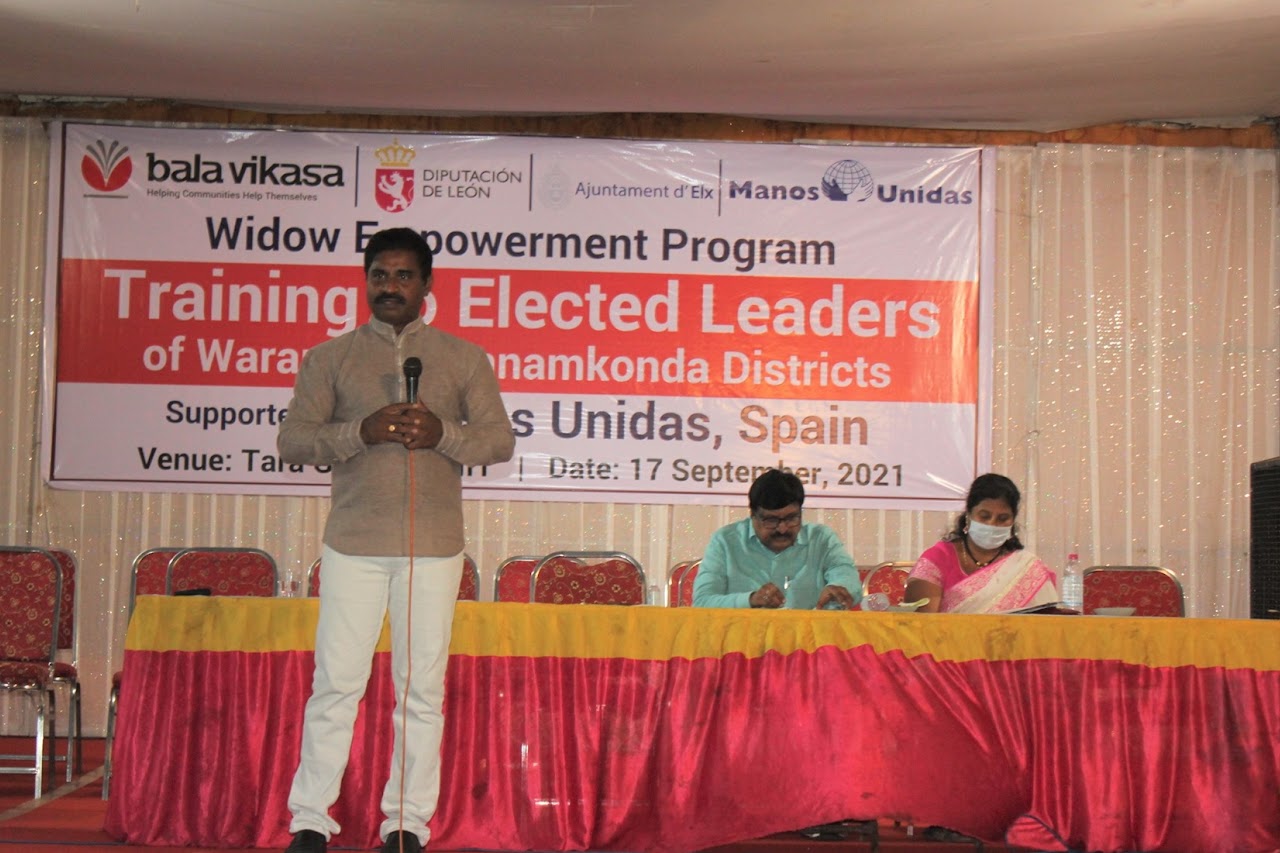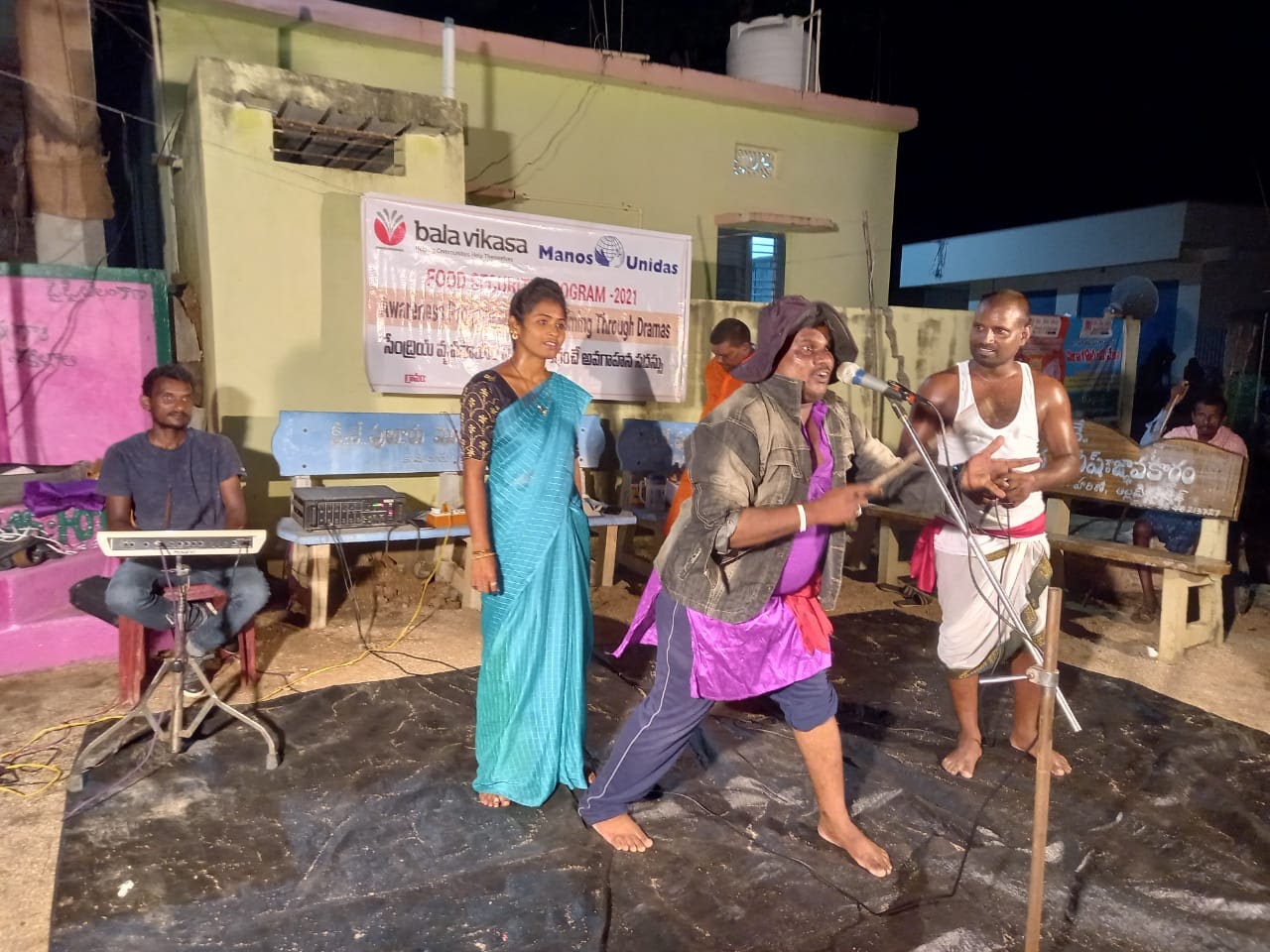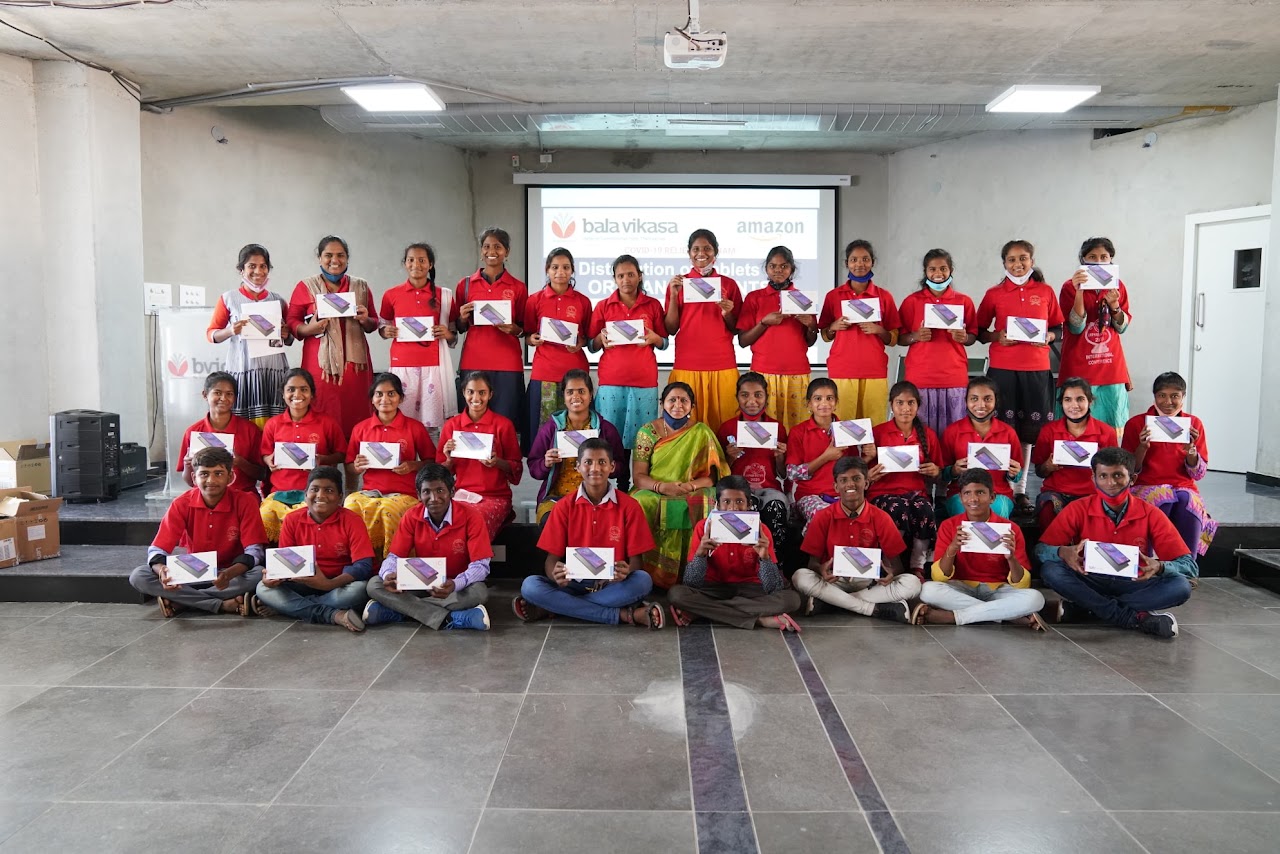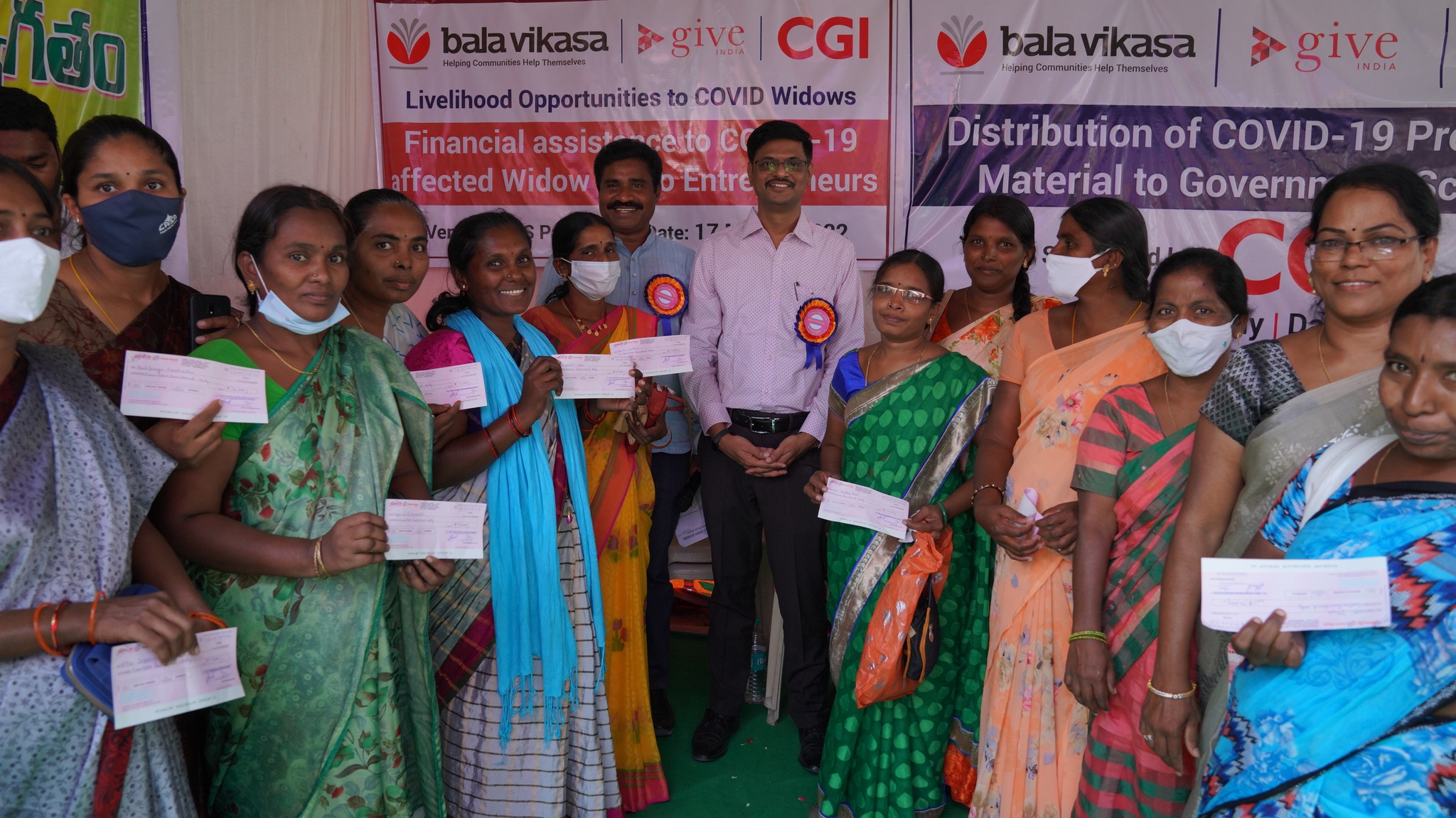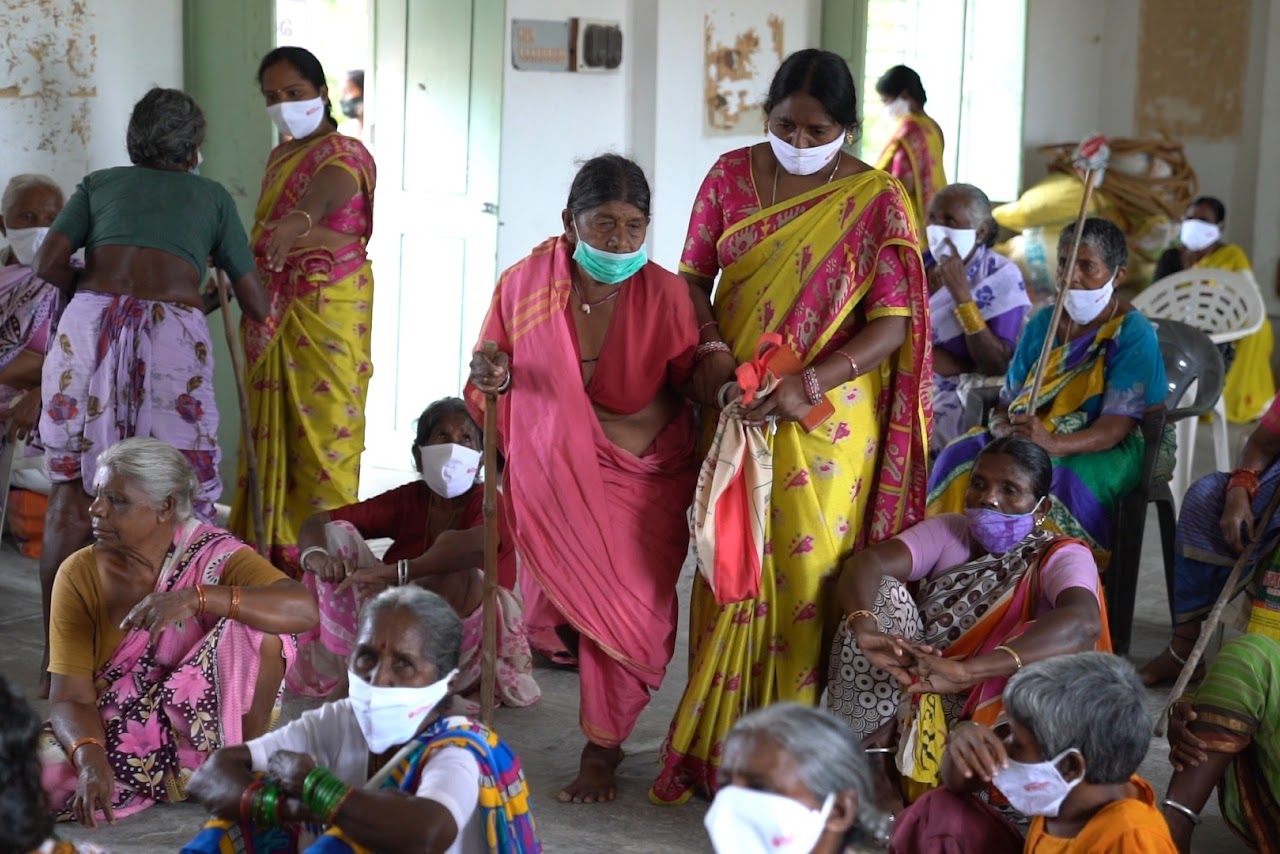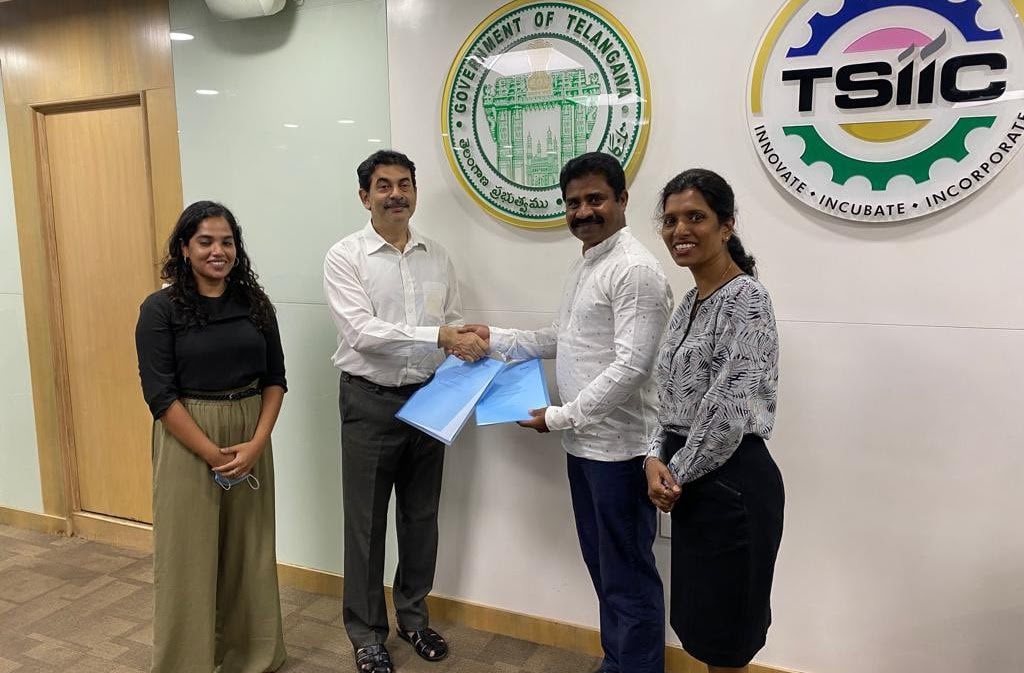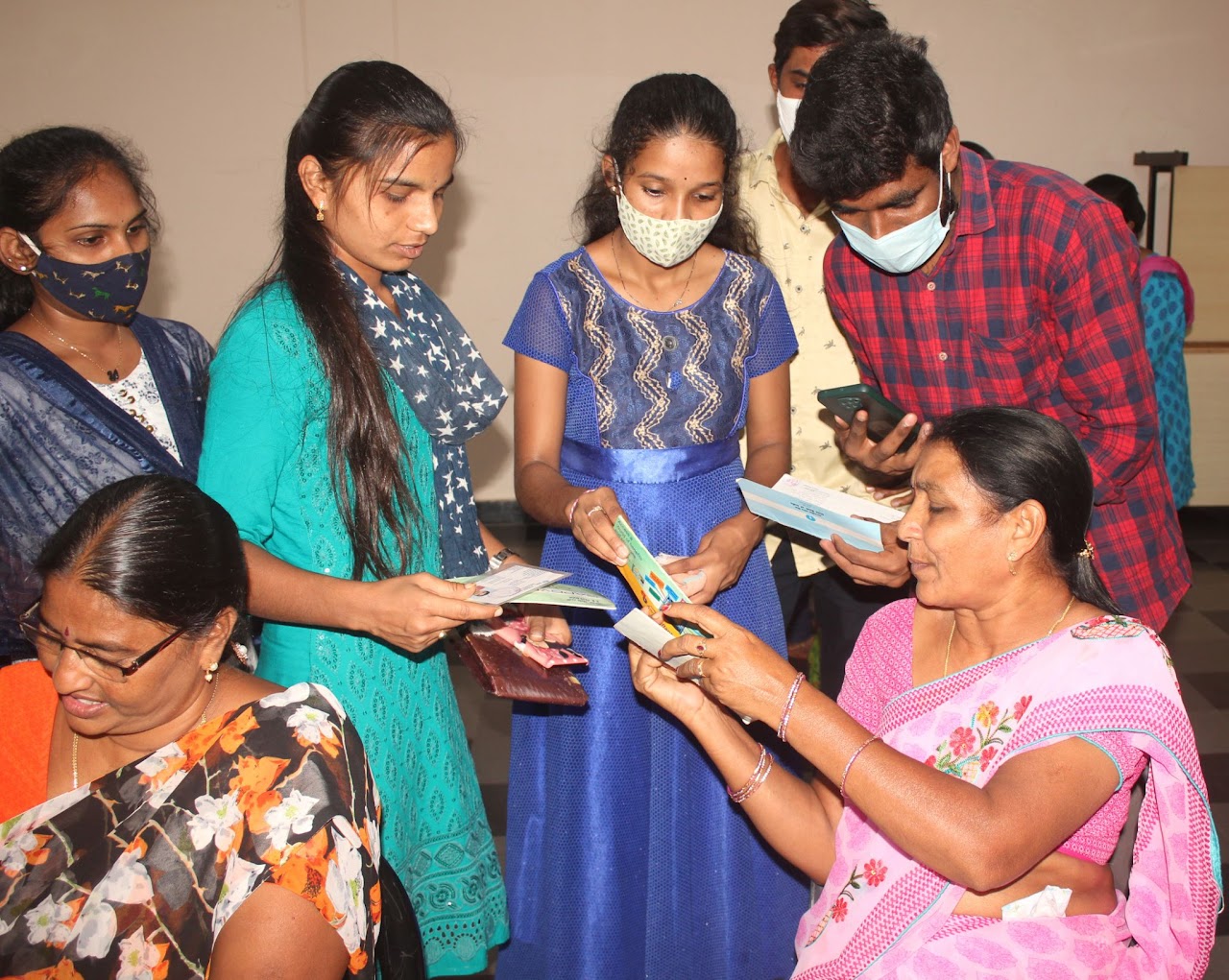Uplifting the Unseen: A Call to Empower Widows

On June 23rd, as the world observes International Widows Day, we are compelled to confront a harsh reality that has lingered in the shadows for far too long – the widespread marginalization and oppression faced by widowed women across the globe.
The plight of widows is often rendered invisible, even as societies claim progress in empowering women. According to the Loomba Foundation, a staggering 258 million widows worldwide, comprising 7% of the global population, bear the brunt of patriarchal traditions that strip them of their identity and basic rights upon the loss of their husbands.
In India, a survey by Bala Vikasa, a social service organization among 5,000 young widows revealed the harrowing extent of this crisis – 29% of the respondents had contemplated or attempted suicide, unable to cope with the overwhelming isolation and stigma they faced. This statistic underscores the severity of a problem that has been tragically neglected.
The challenges widows encounter are numerous and deeply entrenched. Ostracized from family celebrations and auspicious events, they are often barred from performing even the most basic social activity. While a 60-year-old widower can remarry without resistance, a young 20-year-old widow faces character assassination and dehumanizing taunts for the same act. Disinheritance, property disputes, social stigma, poverty, and lack of opportunity further compound their struggles.
However, amidst this grim landscape, the Bala Vikasa has been at the forefront of a movement for widow empowerment and societal reformation over the past two decades. Through their initiatives, they have brought about significant attitudinal change, provided dignity and opportunities to thousands of widows, and succeeded in preventing suicides.
One such inspiring story is that of Ahalya, a young widow from Danthalapalli Village in Mahabubabad district. She was struggling with constant discrimination and was living poverty with no financial assistance from family. Her life took a transformative turn when she joined Bala Vikasa's training program for young widows. Instilled with courage, confidence, and a positive outlook, Ahalya established a thriving tailoring center and bangle shop, reclaiming her financial independence and rightful place in society with the support of the organization.
Economic empowerment is crucial for widows to lead dignified lives and integrate fully into society. By ensuring financial independence, breaking the cycle of poverty, reducing stigma, enhancing decision-making power, and promoting mental and emotional well-being, we can create an environment where widows are respected and valued.
However, genuine transformation cannot be achieved through the efforts of a single organization alone. It requires a collective effort from all sections of society, with each individual playing a crucial role in dismantling the outdated patriarchal structures that sanction gender-based discrimination.
Policymakers should enact laws and policies to protect the rights of widows and devise schemes to improve their economic status. The local government at the village level plays a vital role in abolishing superstitious beliefs and regressive customs. Through Bala Vikasa's efforts, many elected leaders have come forward to take an active role in such transformative actions in their villages.
One such example is Mr. Metla Shankar, the former Sarpanch of Ananthasagar Village in Siddipet District. Moved by the stories of widowed mothers during an International Widows Day event in 2017, he embarked on a mission to involve widows in cultural events, challenging deep-rooted prejudices. Despite initial opposition, Mr. Shankar's unwavering determination gradually shifted public opinion, and his village now gives the respect and dignity to widow they deserve.
The media, too, must play a pivotal role by covering the issues, legal rights, and success stories of widows, raising awareness and inspiring others with their resilience and perseverance. Television channels and documentary films should broadcast interviews, life stories, and events of successful widows, motivating people to embrace change.
Students, as the future generation, should denounce discrimination against widows within their families and communities, encouraging their participation in family functions and undertaking activities that boost their self-confidence. Ms. Akhila from Pamarru village set an inspiring example by standing up for her mother while she was being subjected to discrimination. Her courageous stance challenged the discriminatory beliefs that often restricts widows from participating in social activities.
With unwavering conviction, Akhila questioned the very foundation of such regressive customs, asserting, "What harm can my mother bring upon me? It is my mother who nurtured me through her hard work, guiding me to this significant milestone in my life. Why should her marital status diminish her role as a parent?"
Akhila's poignant words cut through the veil of antiquated superstitions. Her actions serve as a powerful reminder that true progress lies in embracing reason over blind adherence prejudice.
Women should recognize and respect widows as equals, standing in solidarity with them and supporting their economic empowerment through self-help groups or organizations. Men must challenge the misconceptions and prejudices that pervade society, raise awareness about the issues faced by widows, condemn harassment and violence against them, and provide economic and emotional support to empower them.
The empowerment of widows is not merely a goal but a moral necessity. Equal inheritance rights, priority for education and employment, and freedom from harmful traditions are imperative steps toward dismantling the outdated patriarchy that sanctions all forms of gender-based discrimination.
On this International Widows Day, let us unite in the struggle for the rights of widows, amplifying their voices and asserting their existence. We hope for a transformative change in mindsets, leading to equal respect, status, and dignity for widows in society. For only by uplifting the most marginalized sections can we truly achieve the goal of gender equality and create a more just and equitable world for all.




